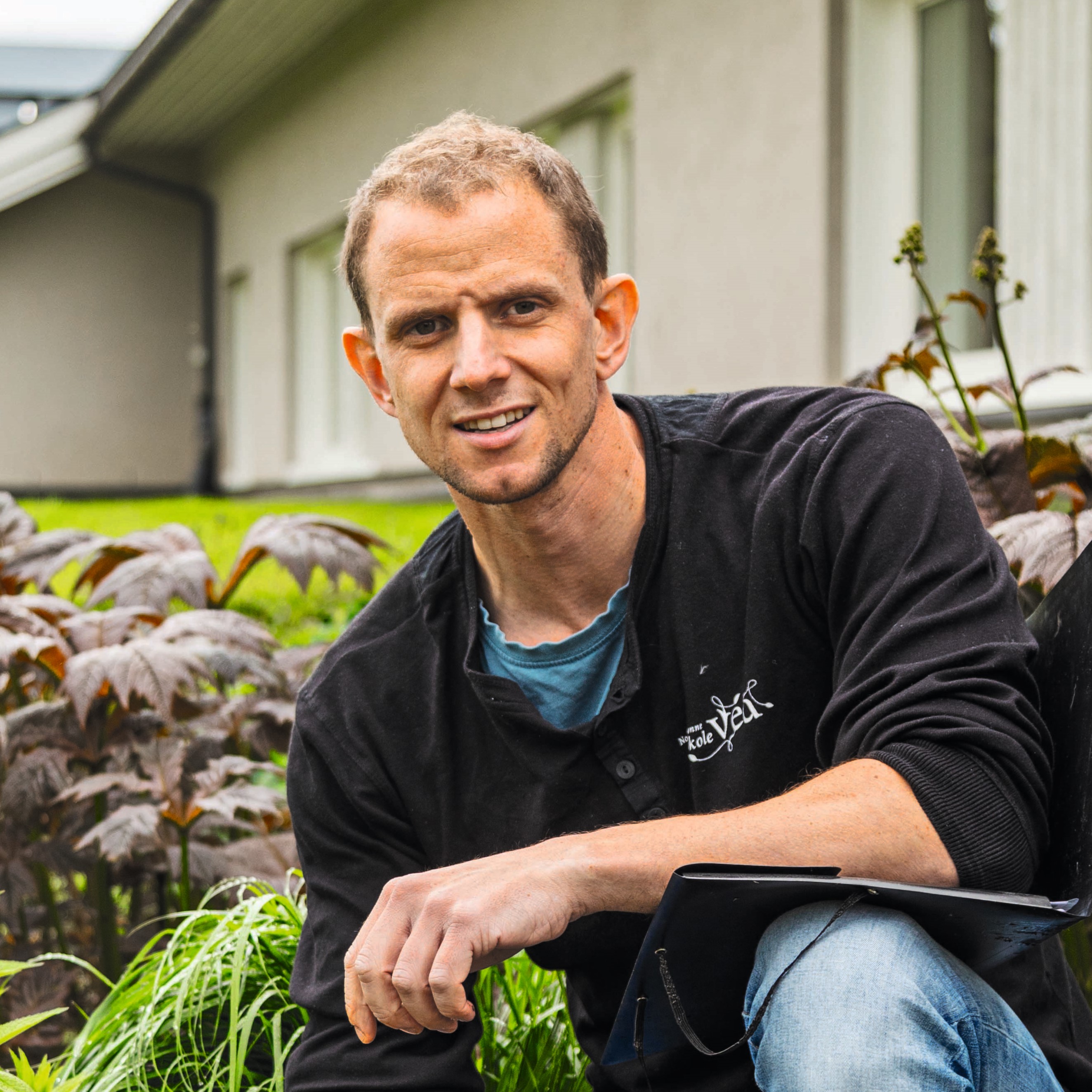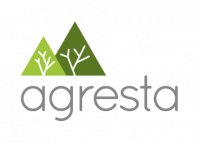
AGRESTA S. COOP., an SME –workers cooperative - with more than 50 employees, specialises in forest restoration and sustainable management of natural resources. By applying innovation and new technologies such as GIS, LiDAR, and remote sensing, AGRESTA promotes the improvement of forest areas affected by forest fires and other disasters.
AGRESTA is a co-lead partner of WP5, Business models, funding, and governance. Our experience as a company founded by ten students in 2000 and our evolution in recent years will be valuable in identifying successful examples of businesses in the field of Ecological Restoration (ER).
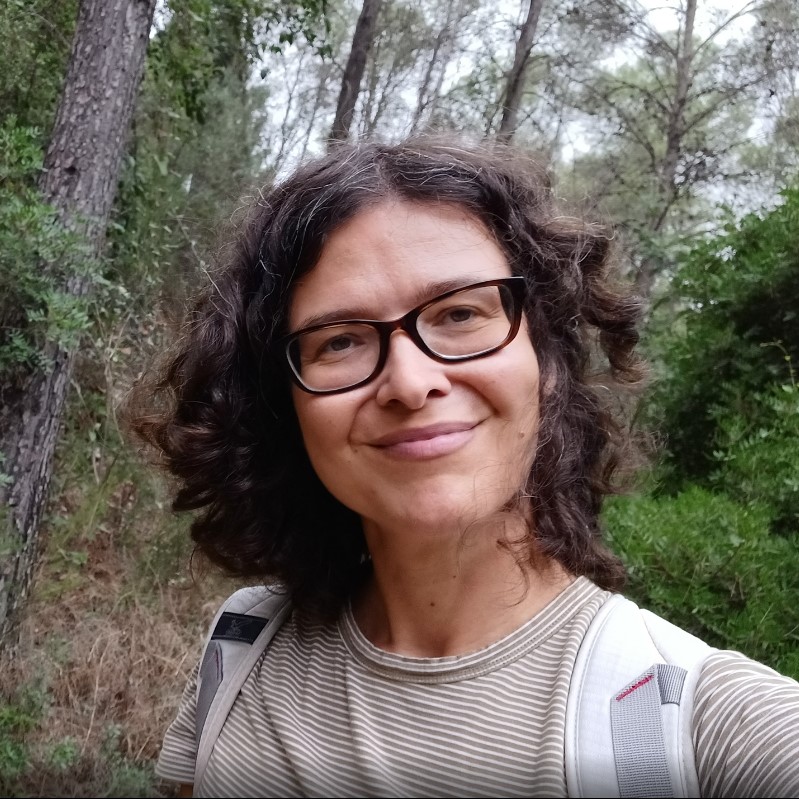
Consuelo Pérez
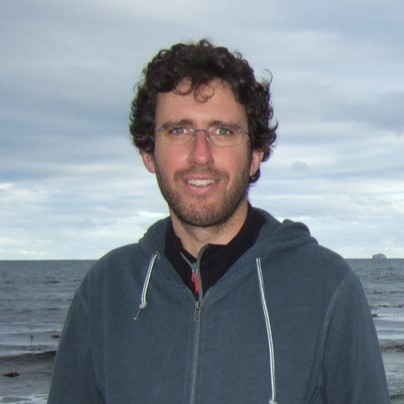
Pablo Ascasíbar
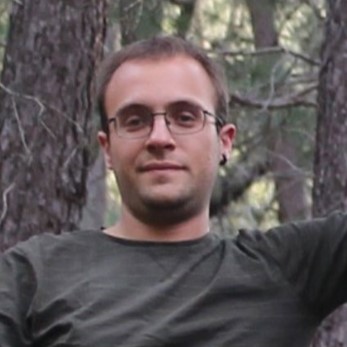
Santiago Martín
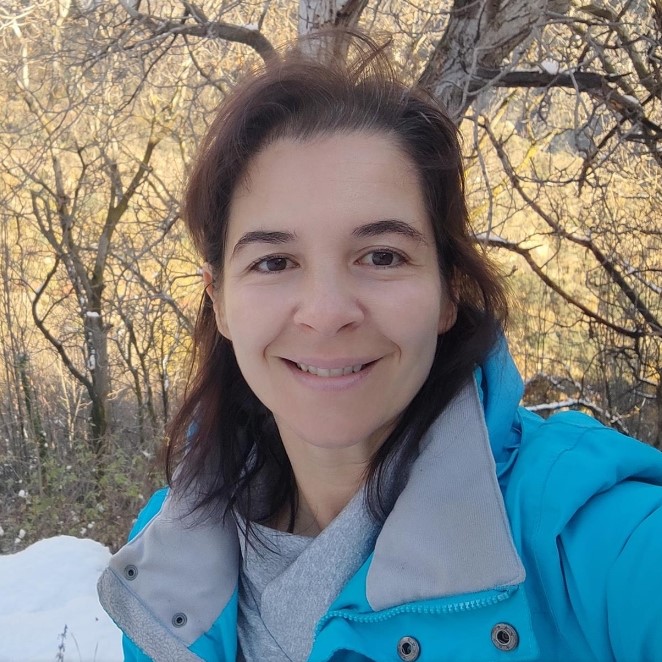
Fuensanta Jiménez
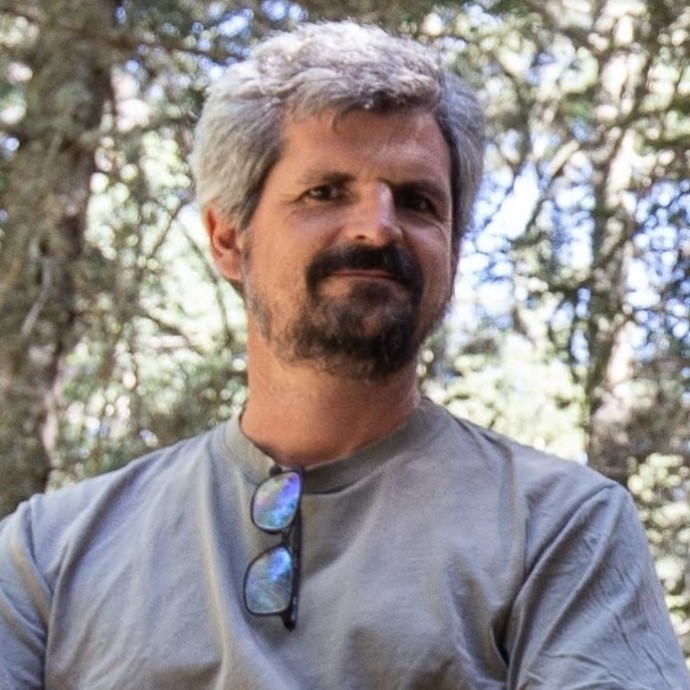
Ángel Lobo

Agricultural College and Agricultural Secondary School, Benešov, Czech Republic (CZ), is a modern school with a rich history, offering a wide range of secondary school, vocational, and college study programs. It provides students with a unique opportunity to study specialised subjects in English and offers internships with foreign partners. Current programs include Veterinary Science, Horticulture, Agribusiness, Equestrian Studies, and Natural Science Lyceum. Since 2022, the Agricultural College and Agricultural Secondary School has offered precision agriculture-focused high school programs. In 2024/2025, the School will launch an innovative horticulture program, emphasising urban green space design and biodiversity.
Agriculture School Benešov is the leading partner responsible for testing and verifying the functionality of teaching methods and tools developed by a partner university in CZ, as part of the activities of WP4, Pilot Implementation and Evaluation. Its role is to define the needed educational resources for better knowledge transmission to students and validate these tools during the educational process.
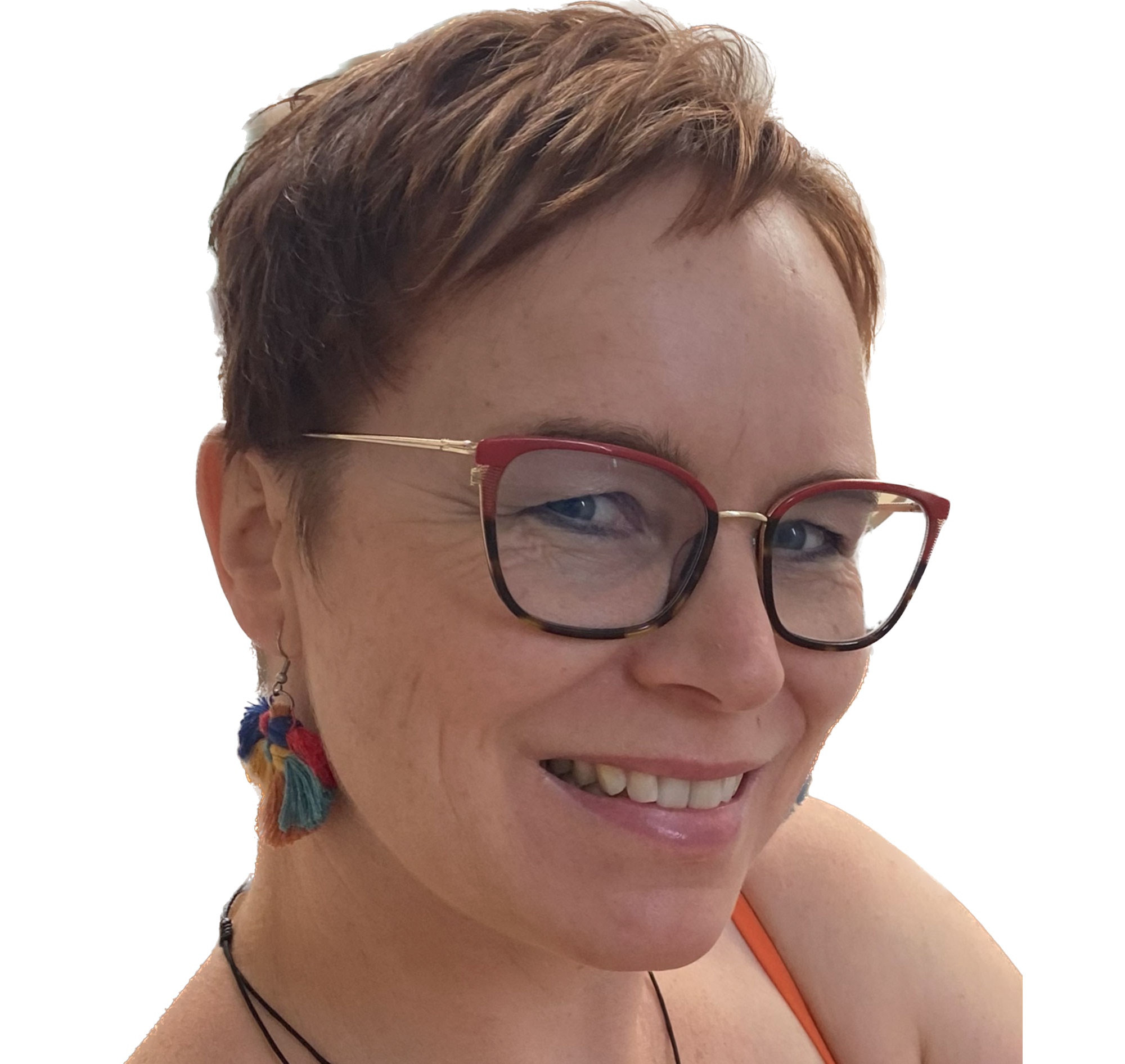
Jitka Beránková
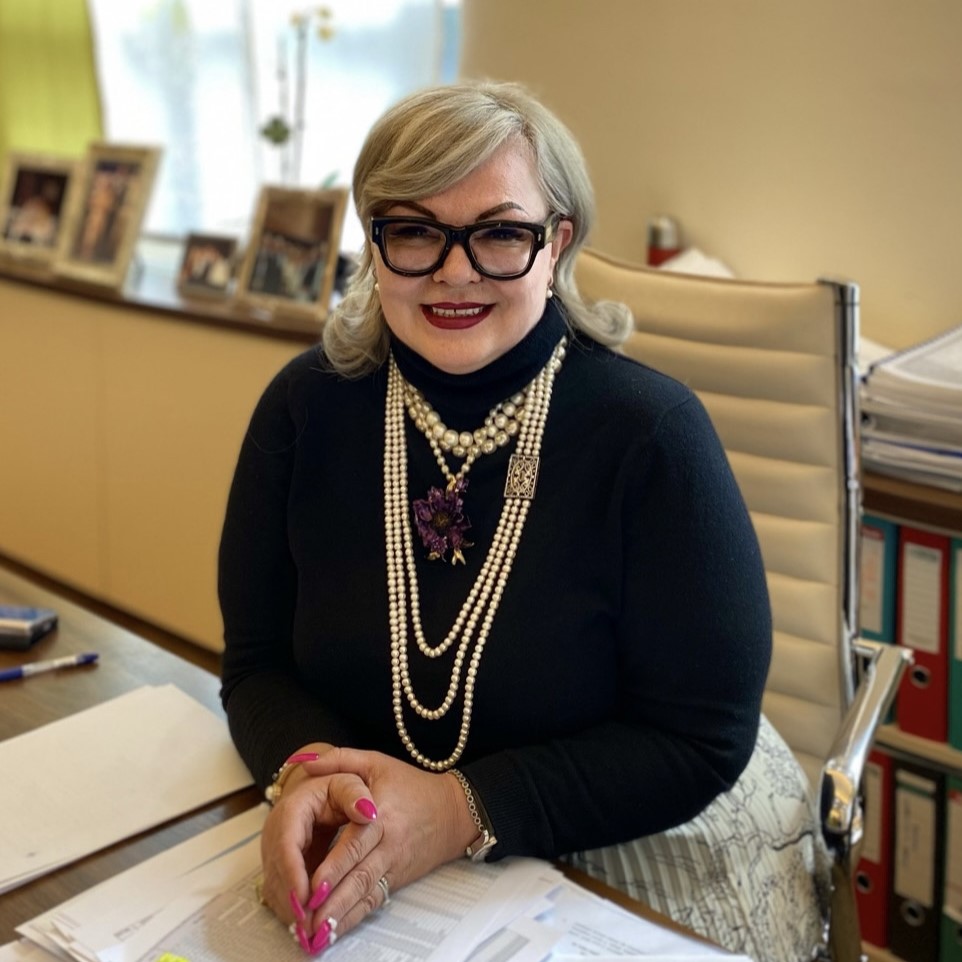
Ivana Dobešová
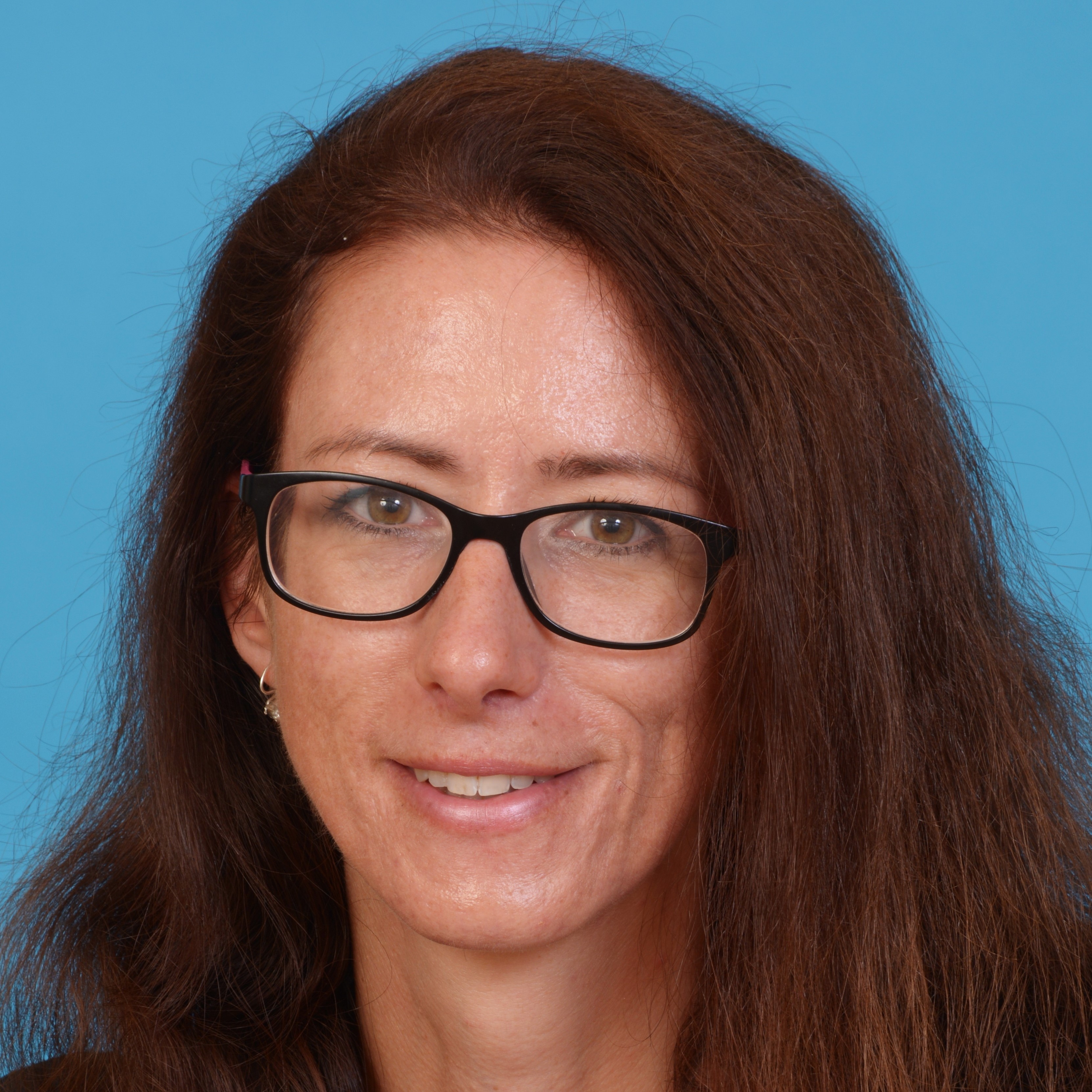
Monika Brožová

The General Directorate of Vocational Training (FP) of the Valencian Community has several key functions, including:
- Planning and Organization: Develop and coordinate vocational training policies in the community, ensuring alignment with labor market needs.
- Program Development: Design and implement vocational training programs tailored to various economic sectors and competency demands.
- Regulation and Control: Establish regulations and standards for vocational training centers, ensuring the quality of education and training.
- Collaboration with Businesses: Promote collaboration between educational institutions and businesses to facilitate the labor integration of students.
- Guidance and Counseling: Provide information and guidance to students and professionals about training opportunities and career development.
- Evaluation and Improvement: Conduct periodic evaluations of vocational training programs and propose improvements to optimize the offered training.
FP coordinates WP3, OER (Open Educational Resources) Development and collaborates with other Work Packages. In particular, it will assess the available options for implementing the OER (called DERTO), ensuring that the generated content reaches all agricultural teachers and students, including the demonstration sites using VR.
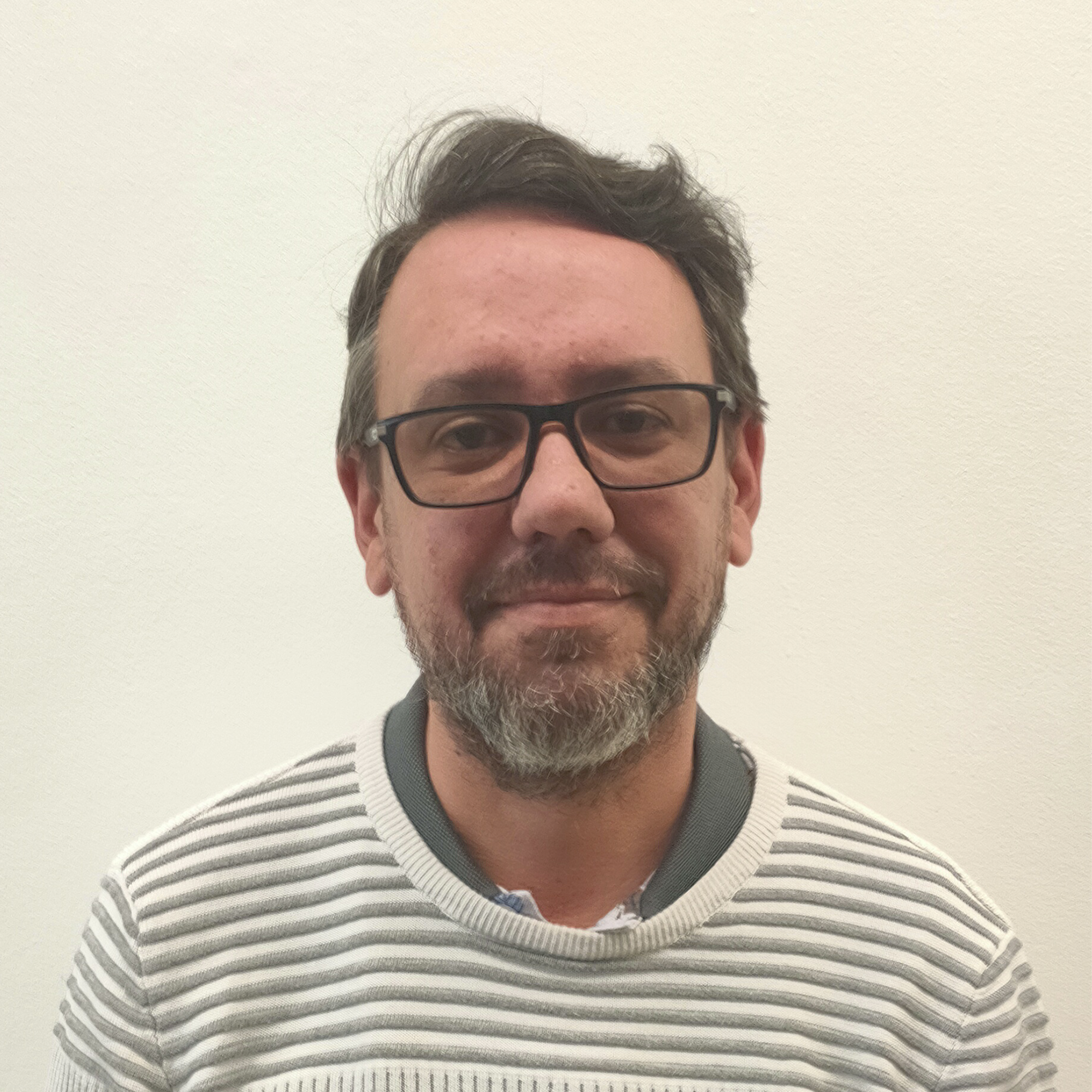
Miguel Orrico
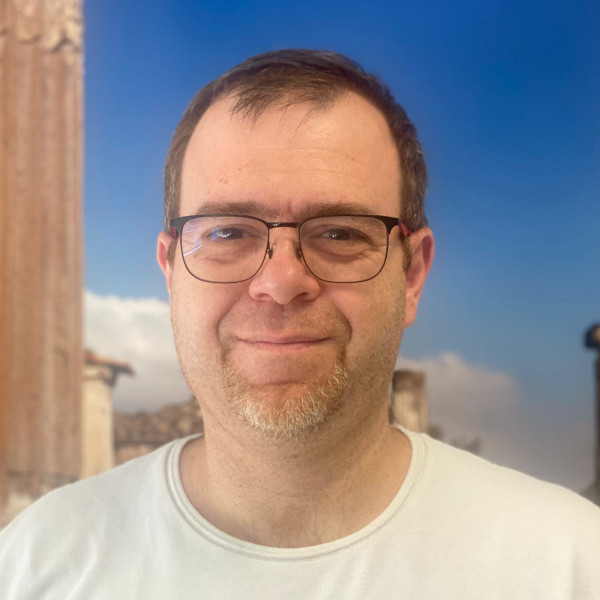
Gabriel Merín
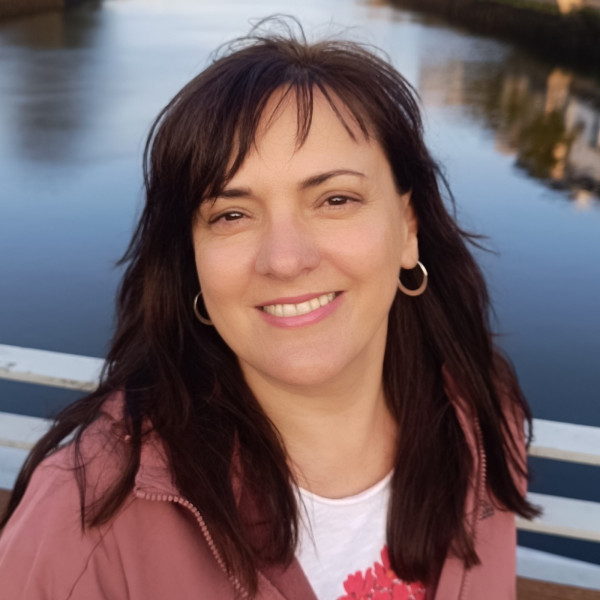
Rosa de la Salud

Deutsche Landwirtschafts-Gesellschaft (DLG), Germany’s Agricultural Society, advances technological and scientific progress in the areas of crop production, farm machinery and animal husbandry. As an open network and the professional voice of agriculture, agribusiness and the food sector, we strive to increase professional knowledge and quality standards to ensure a broad-based transfer of technology and know-how and to set and secure quality standards.
DLG will be involved in WP4, Pilot Implementation and Evaluation, contributing and preparing demonstration sites showcasing ecological restoration practices in agricultural areas and supporting the dissemination of project deliverables using their prominent practitioners’ network.
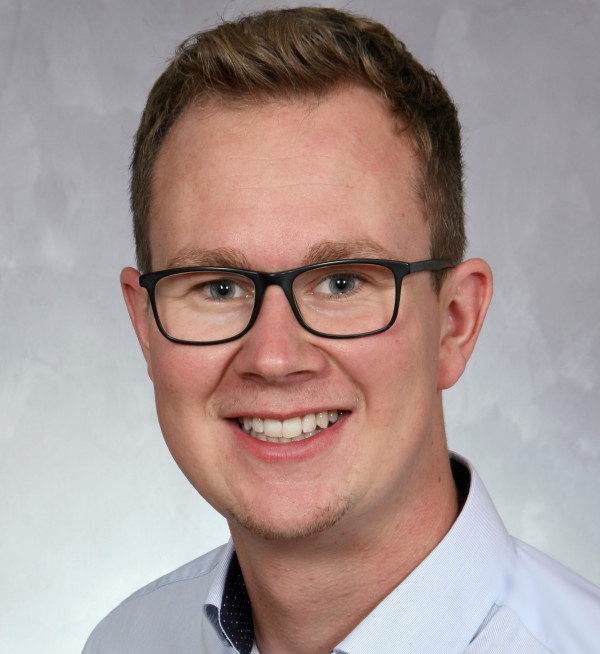
Jonas Trippner
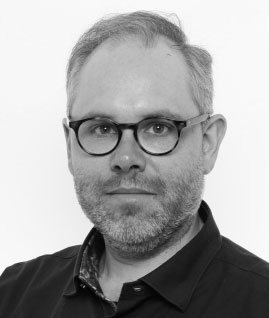
Nils Borchard

HÆHRE is one of the largest contractors in Norway and has extensive experience with planning, prospecting and implementing large technical operations in the field. We employ technical and administrative staff with academic and vocational backgrounds. HÆHRE has established a training program (the HÆHRE school) as a social commitment to support young people with different social or cognitive challenges. We collaborate with NINA on restoration in Svalbard and a planned road project in northern Norway. The machine drivers and site engineers have carried out the Green Training, and the experiences are highly relevant for TEAM#UP, to follow the impact of this training and develop it further.
Hæhre will collaborate with WP4, Pilot Implementation and Evaluation, and WP5, Business Models, Funding and Governance, assessing existing knowledge and experience, contributing new knowledge from our ongoing restoration projects, and developing consultations with appropriate formats and contents.
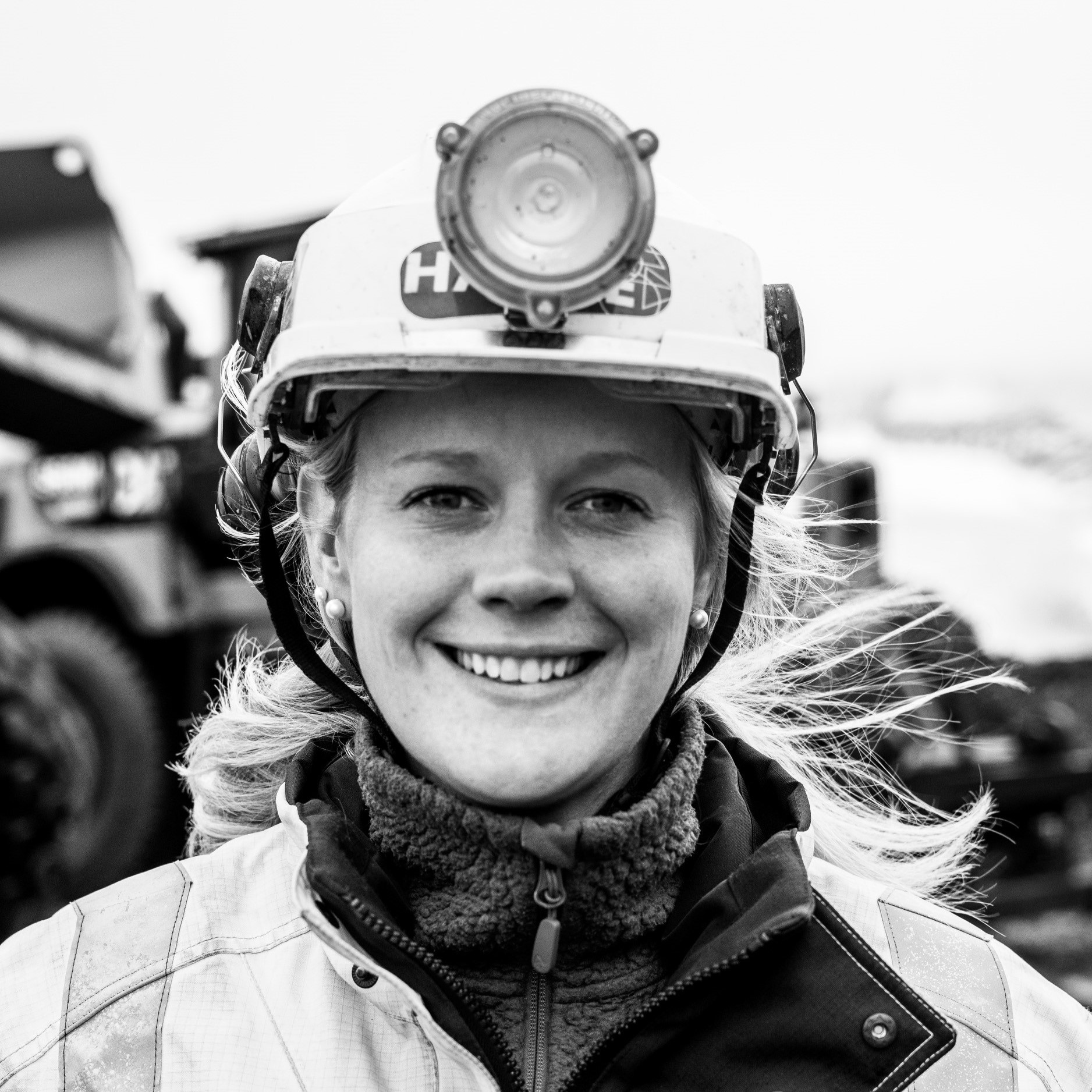
Audhild Storbråten
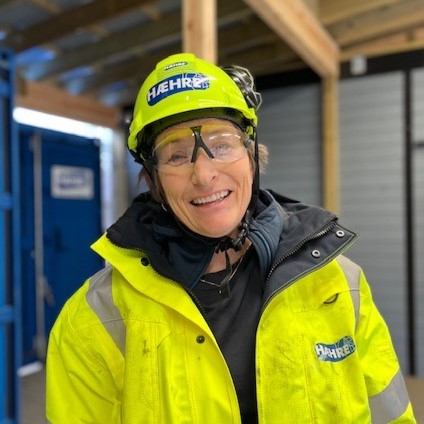
Marit Elveos
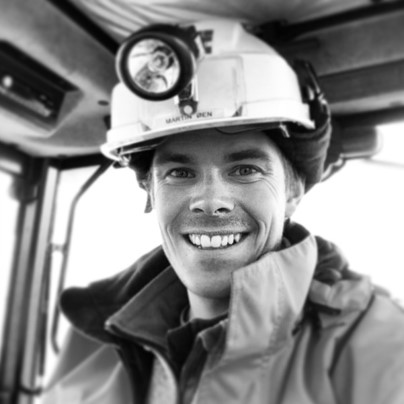
Martin Øen
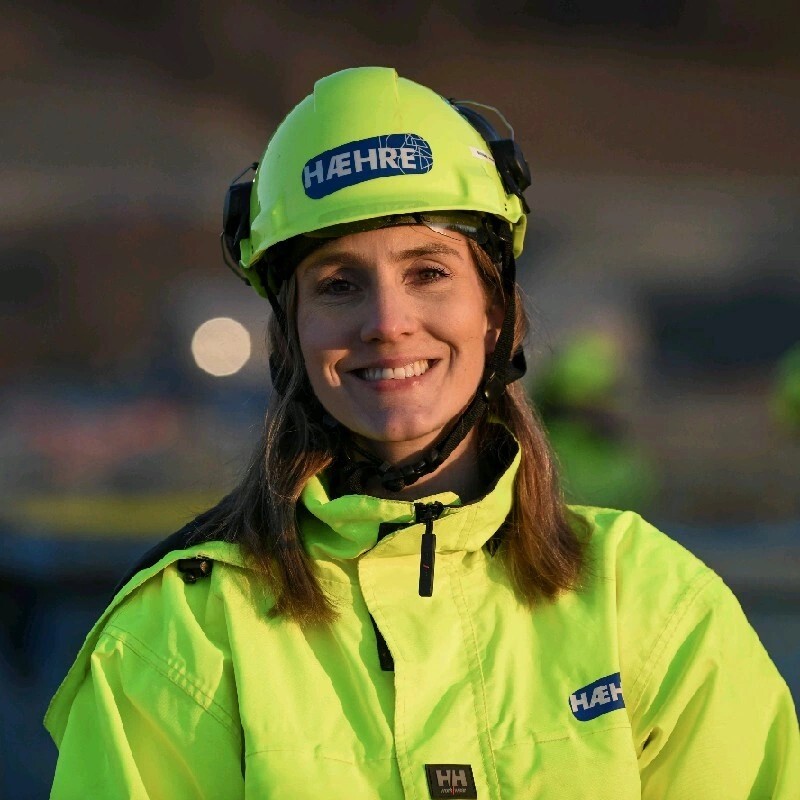
Madelen Mørk Frydenlund
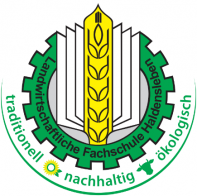
The Fachschule für Landwirtschaft Haldensleben (HDL) is the agricultural technical school in Saxony-Anhalt. It is organisationally affiliated to the State Institute for Agriculture and Horticulture (LLG) in Bernburg.
The technical school trains economists in the agricultural sector (1 year) and agricultural business economists (2 years). Both courses are offered as conventional and organic training. The educational programmes are assigned to the EQF 6.
HDL/LLG is a beneficiary partner of the TEAM#UP project and is responsible for the cooperative development of modules for vocational schools.
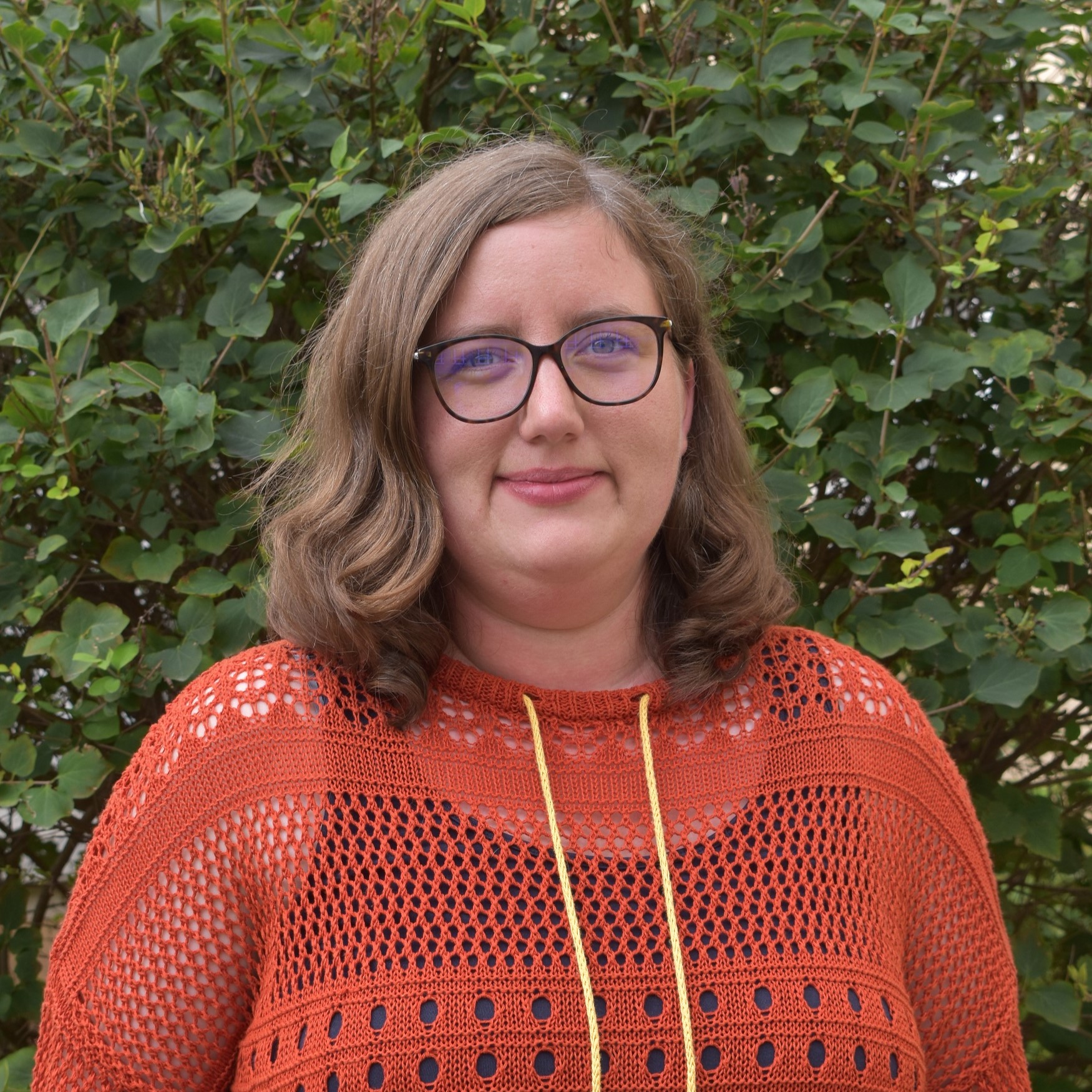
Anne Neuschrank
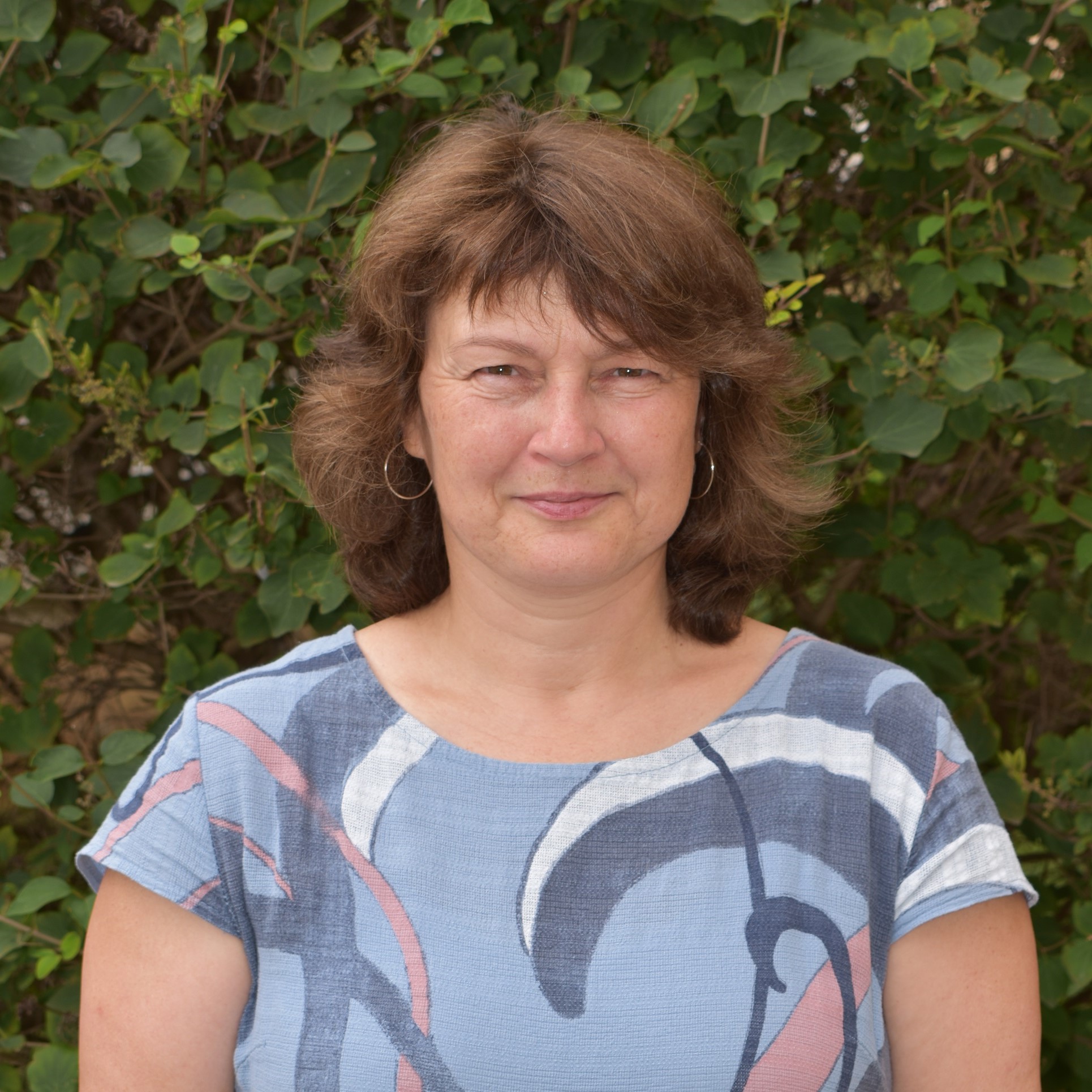
Annette Weidner
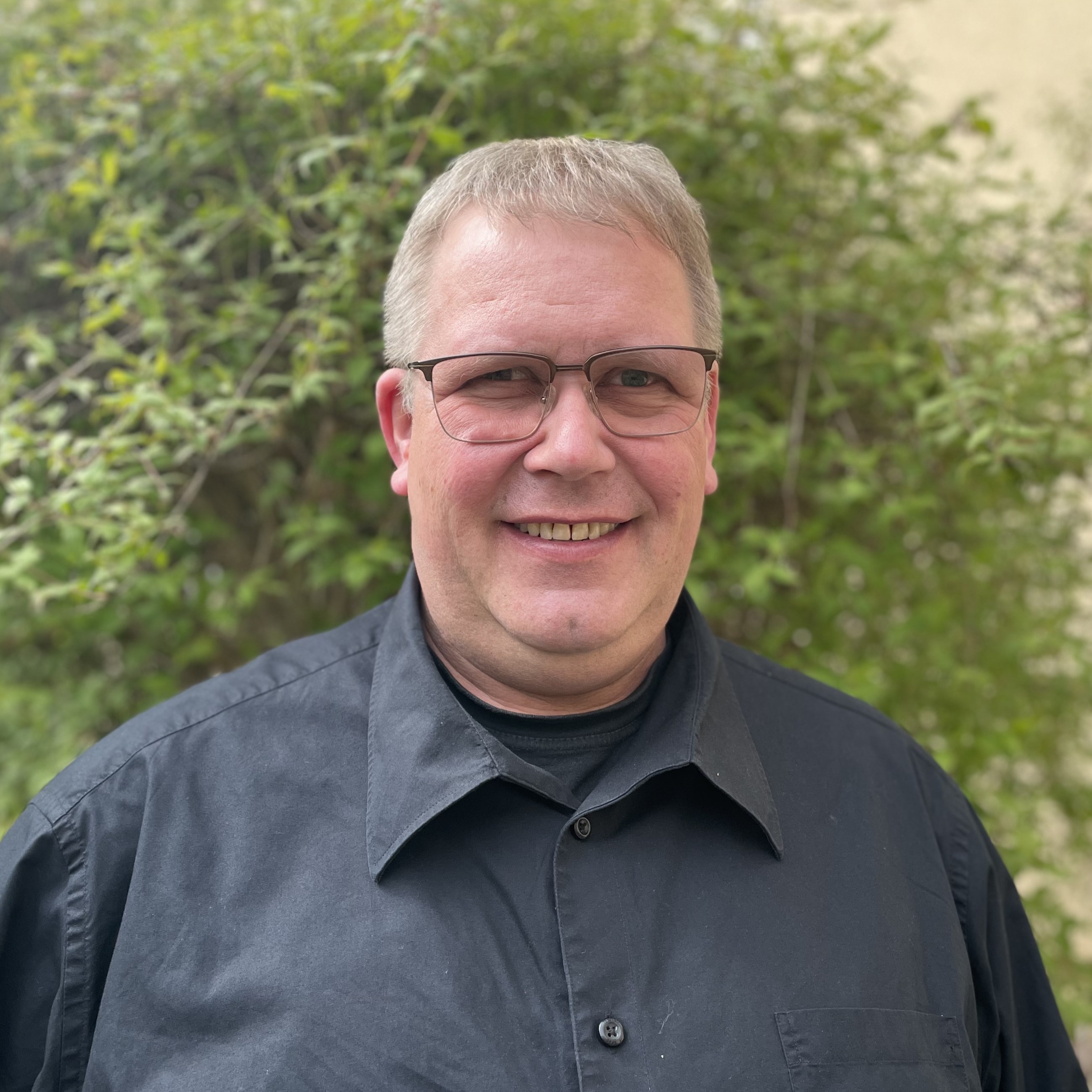
Ralf Große Wortmann
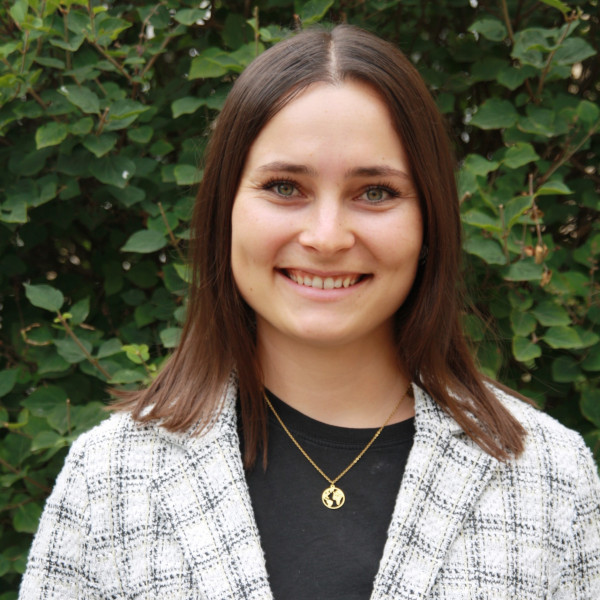
Julia Würth
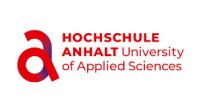
Anhalt University of Applied Sciences (HSA) and in particular the team of Offenlandinfo are developing and using innovative methods to restore native biodiversity in agricultural areas such as grasslands, croplands and vineyards, and assessing their impacts on key ecosystem functions and services.
HSA is the leading partner of the TEAM#UP project responsible for the overall project coordination, the cooperative module development for VET schools (with HDL) and the development of OER (with CIDA). Parts of the educational resources will include VR material, making field trips to the demonstration sites flexible in time and space.
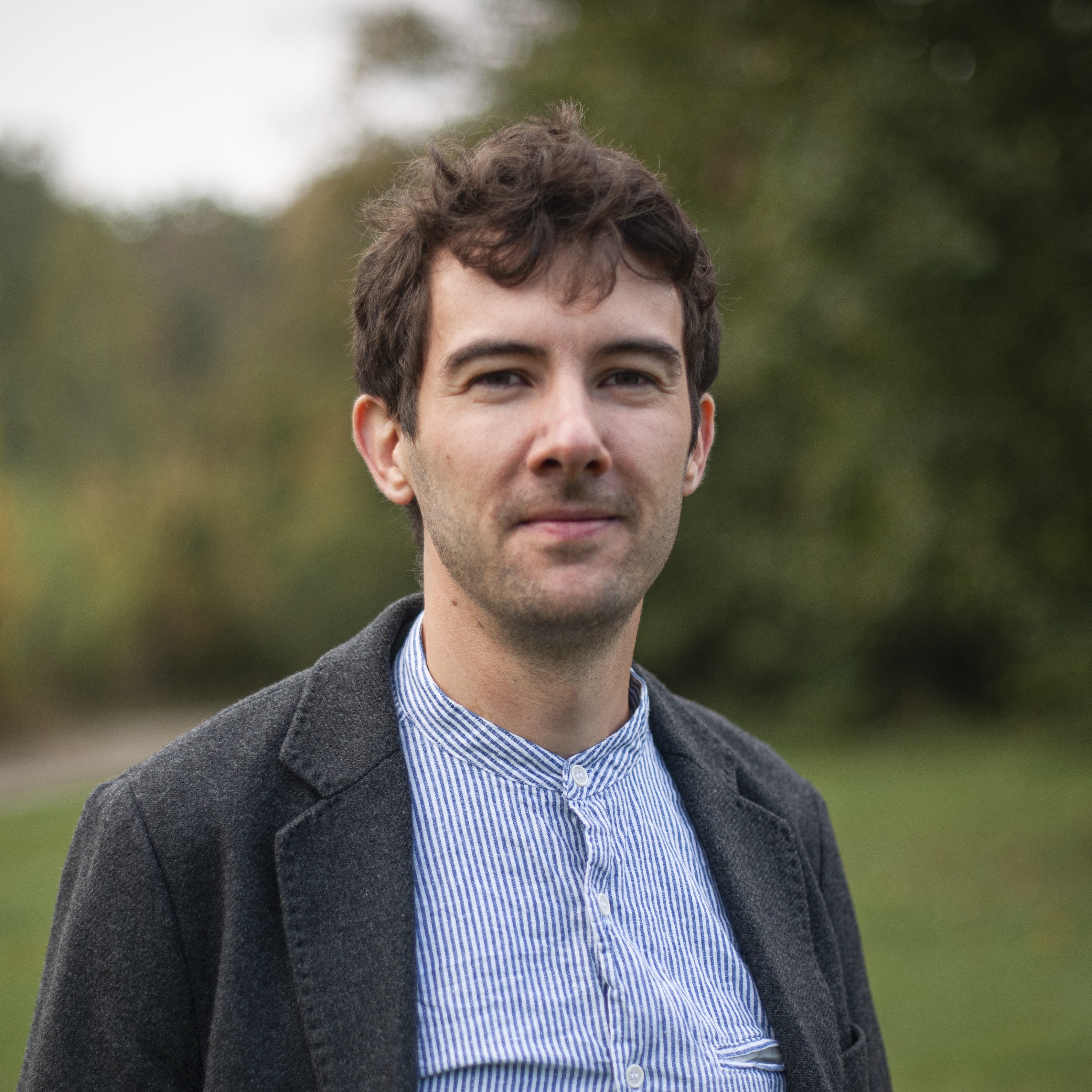
Markus Meyer
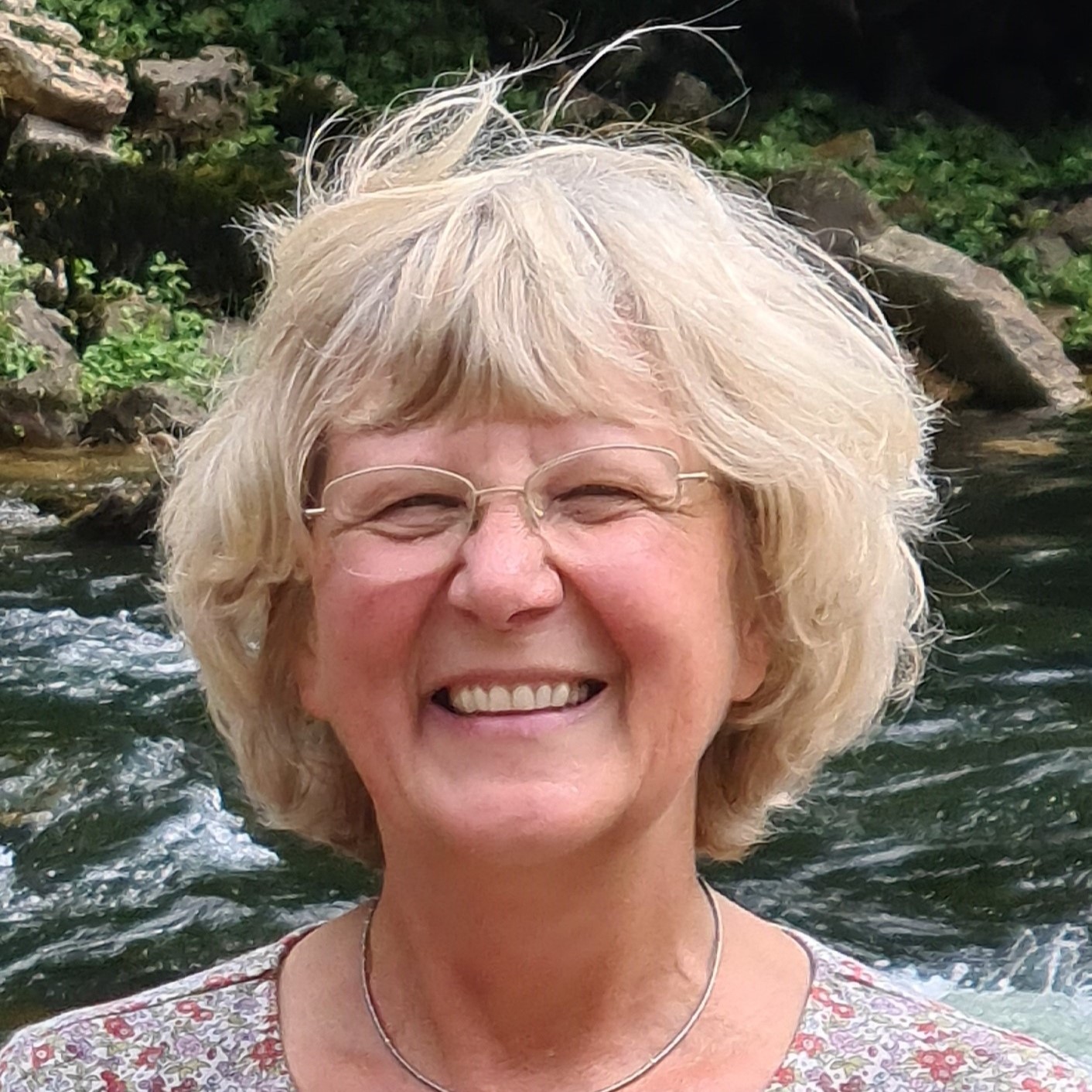
Anita Kirmer
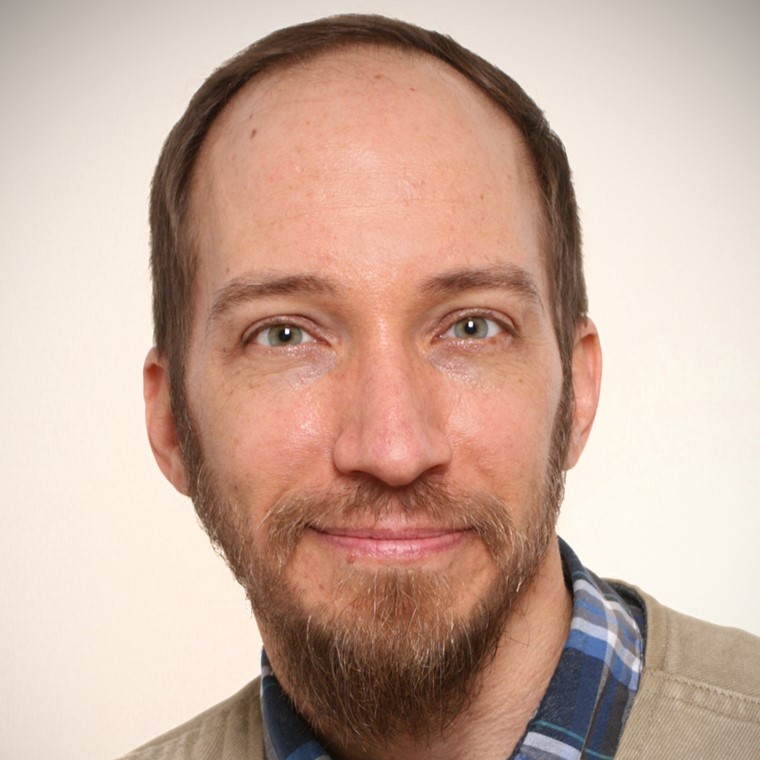
Ryan Campbell
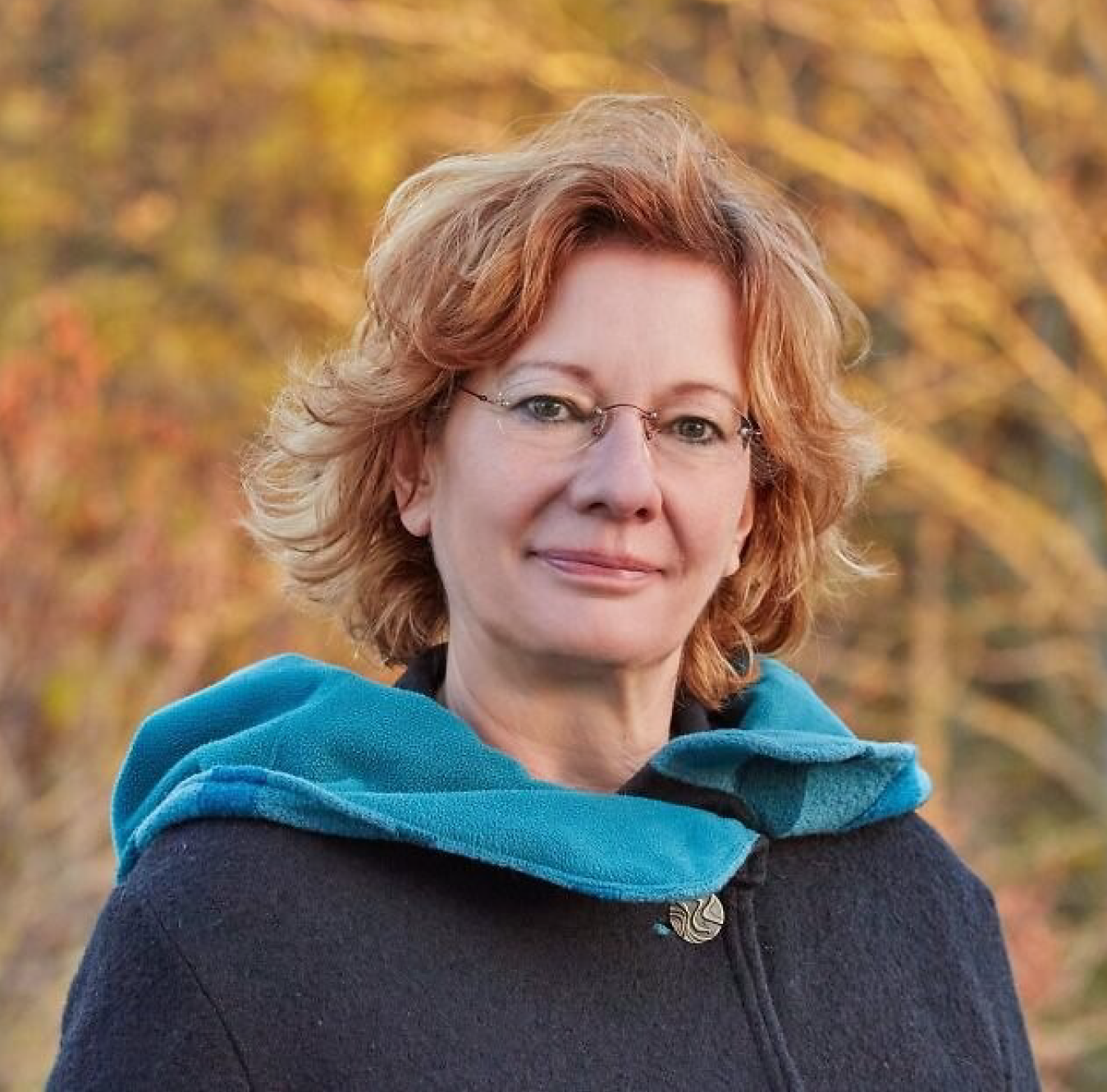
Sabine Tischew
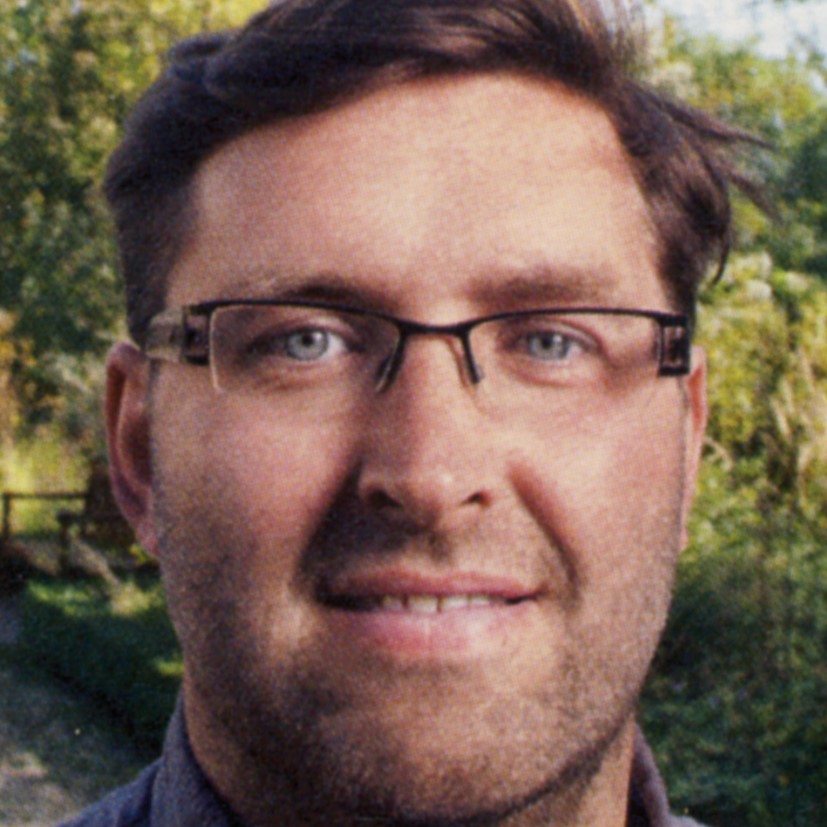
Marcel Heins
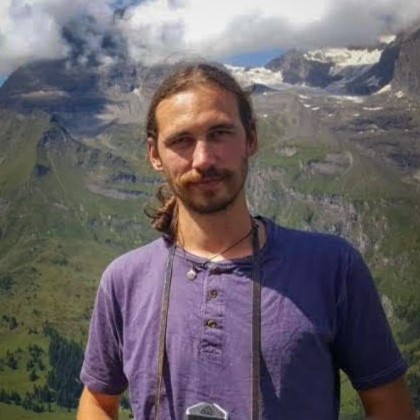
Thomas Engst
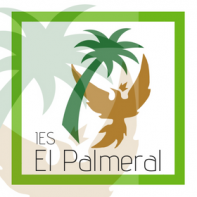
CIPFP El Palmeral, Secondary School and Excellence of Vocational Education and Training in the Valencian Community for the professional family of agriculture. Among its teachings, it offers studies related to forestry and natural environment management, landscaping and rural environment and agro-ecological production.
The school has the “Erasmus Extended Charter” and extensive experience and commitment to the European spirit. The European mobility of students is encouraged by offering them the possibility of doing an internship in a European country, which is a unique, vital experience and professional experience.
CIPFP is co-lead of WP6, National Outreach and Further Education, contributing to educational programs and the inclusion of new content about ecological restoration.
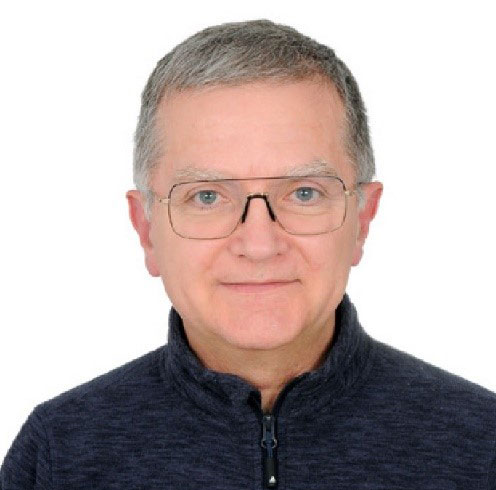
Juan Román Patiño

The Norwegian Institute for Nature Research (NINA) is Norway’s leading institution for applied ecological research, including ecosystem restoration. We are experienced in both applied research in ecological restoration, and in carrying out restoration programmes. Much of NINA’s research provides the background knowledge necessary for successful restoration now and in the future. Ecosystem restoration is a broad topic, and involves a range of sciences, actors and professions. The majority of NINA restoration projects are therefore multidisciplinary in nature, biologists and ecologists working together with social scientists and economists. Our researchers also work in collaboration with managers, land-owners, authorities, local user groups, industry and contractors.
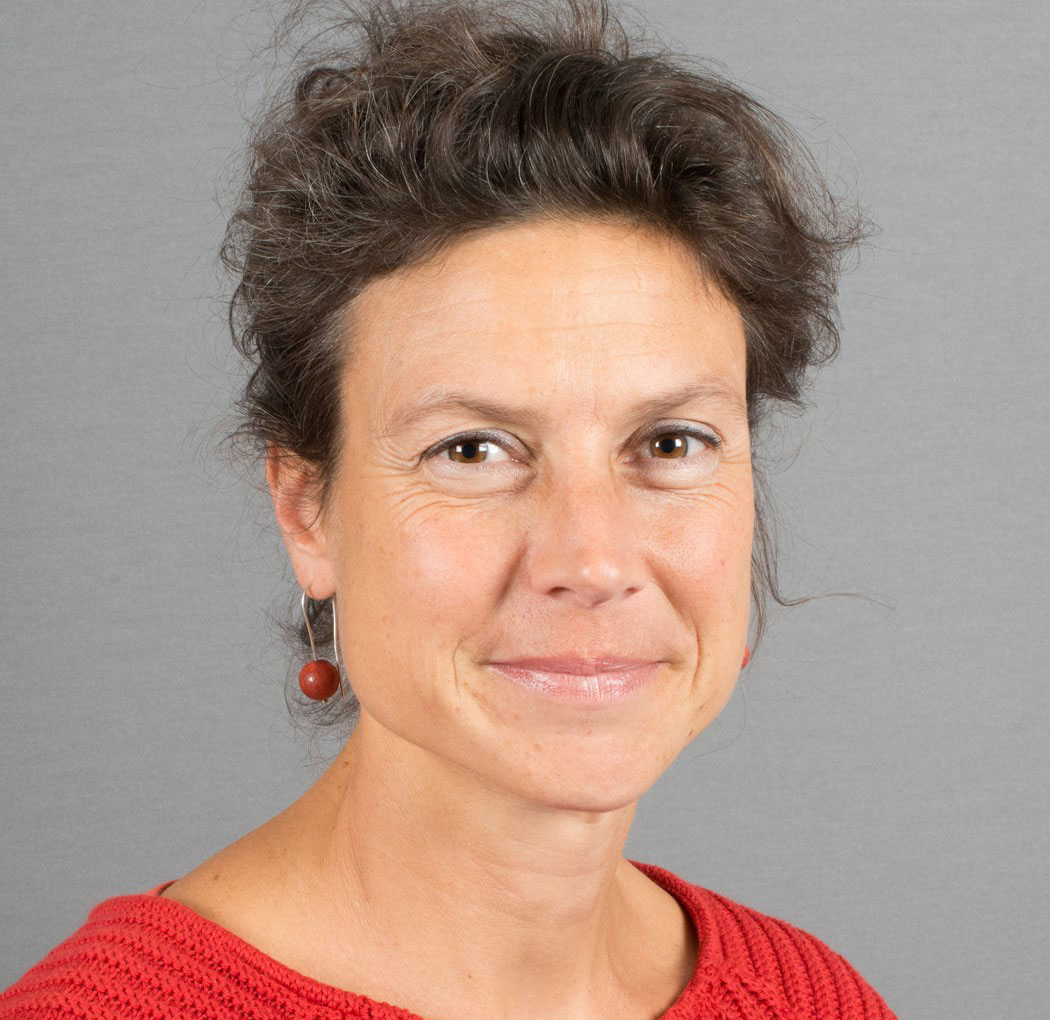
Berit Köhler
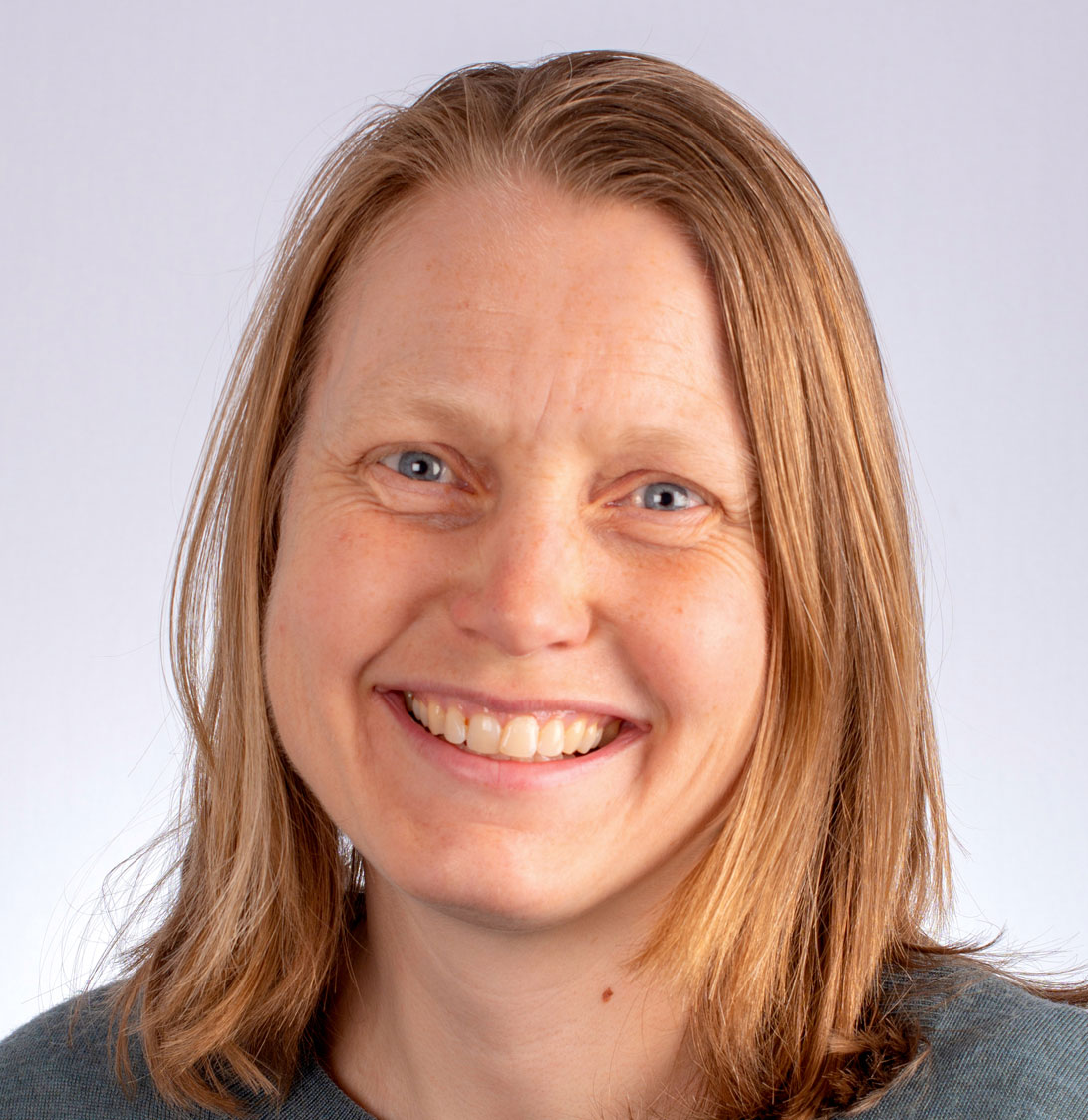
Astrid B. Skrindo
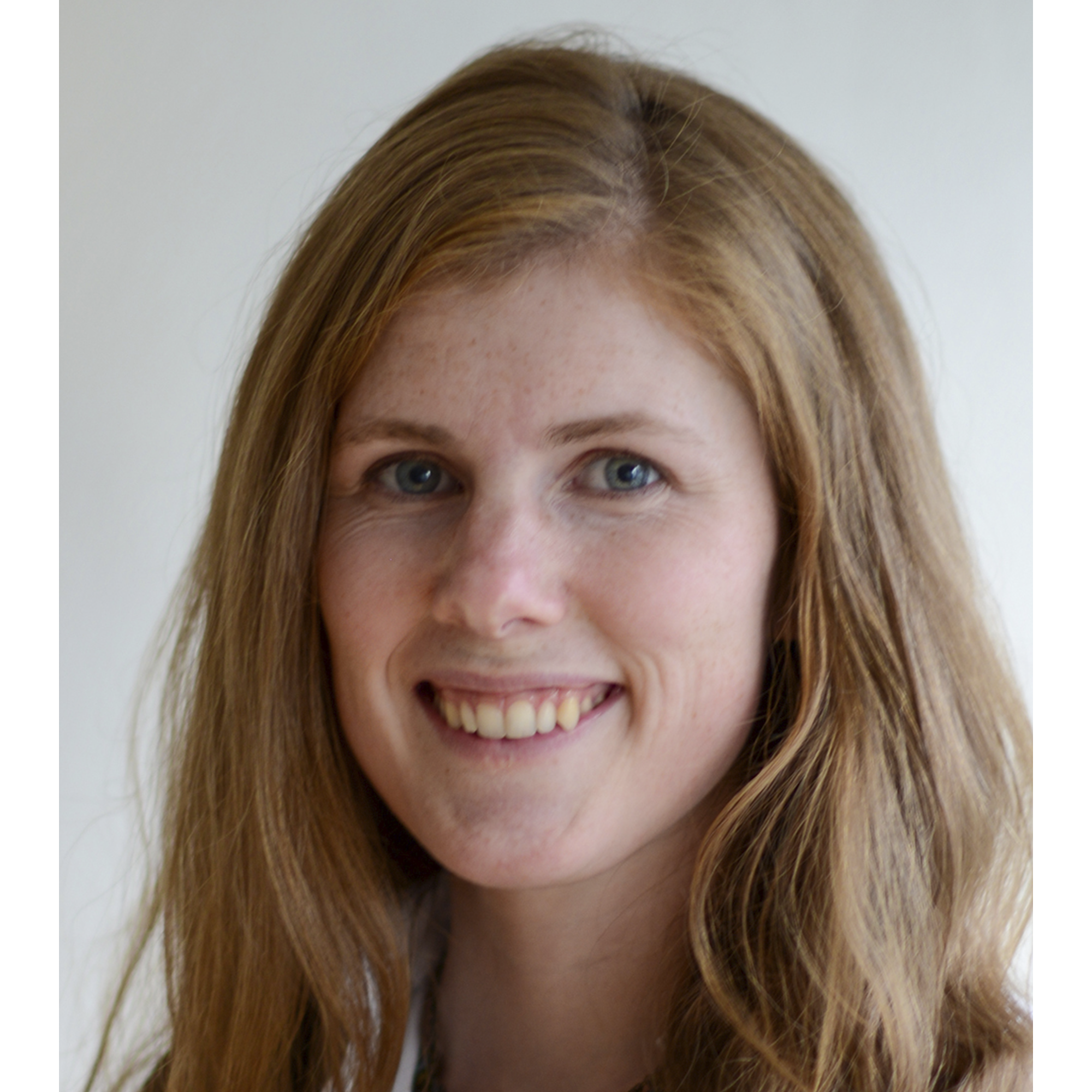
Anne Olga Syverhuset
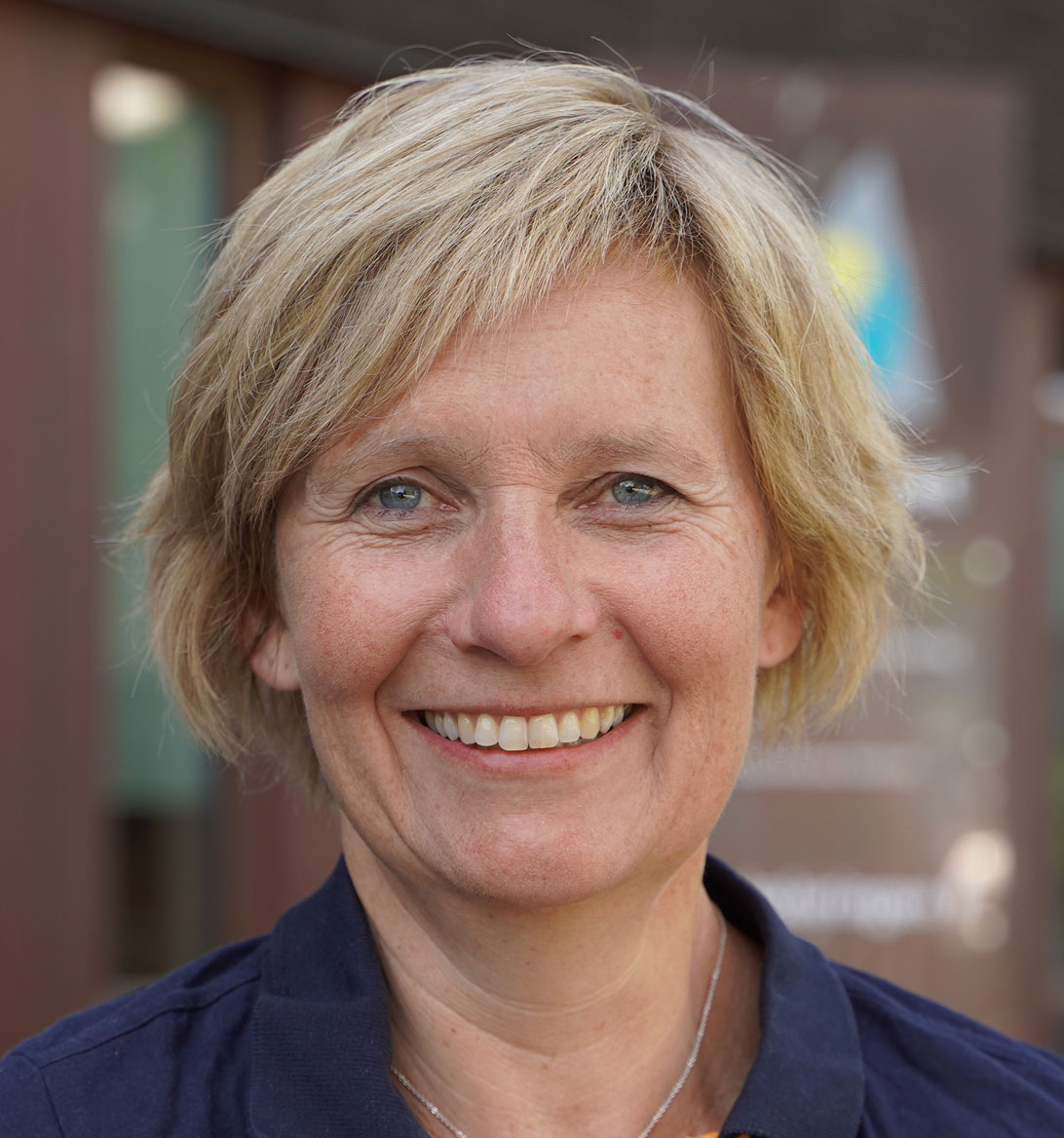
Dagmar Hagen
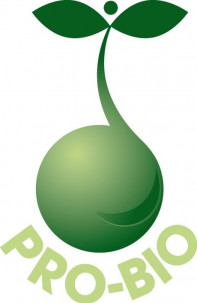
Pro-Bio Association of Organic Farmers (PROBIO) is a national-wide association of organic farmers, producers of organic food, counselors, schools, consumers, and supporters of organic farming. With sustainable organic farming, they aim to protect the environment, nature, and its resources, produce quality organic food, and co-create a harmonic cultural landscape.
PROBIO is the leading sector partner responsible for helping with the preparation of new lectures (incl. demonstration sites) for students concerning the aspect of sustainable ecological farming as a tool for the restoration of the landscape.
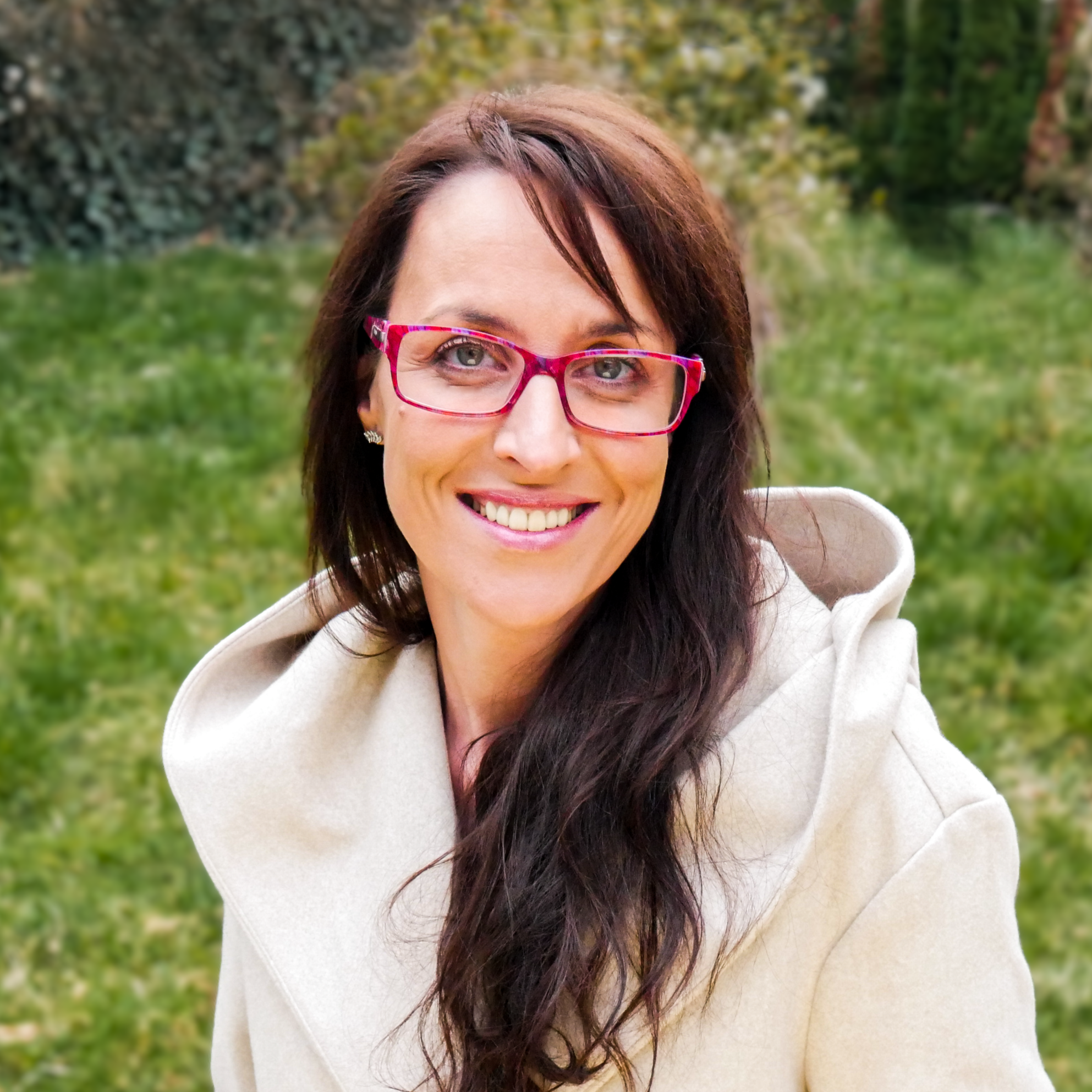
Kateřina Urbánková

SERE is the European chapter of the Society for Ecological Restoration, the global non-profit organisation for ecological restoration. We are a European-wide association, with more than 510 (October 2023) scientific and practitioner members across Europe, the Mediterranean and globally, including restoration research centres and private companies. We operate as a ‘network of networks’ in collaboration with national restoration organisations across the EU.
Our mission is to advance the science, practice, and policy of ecological restoration to sustain biodiversity, improve resilience in a changing climate, and re-establish an ecologically healthy relationship between nature and culture.
We actively promote best practices and effective restoration policy. We work to ensure that ecological restoration is recognised and utilised as a fundamental component of global conservation, biodiversity and sustainable development programs, and that projects are designed and implemented to provide people with the opportunity to repair ecological damage and improve human wellbeing. We do this through practical and policy dialogue, networking, training, guidance, quality standards, publications and alike.
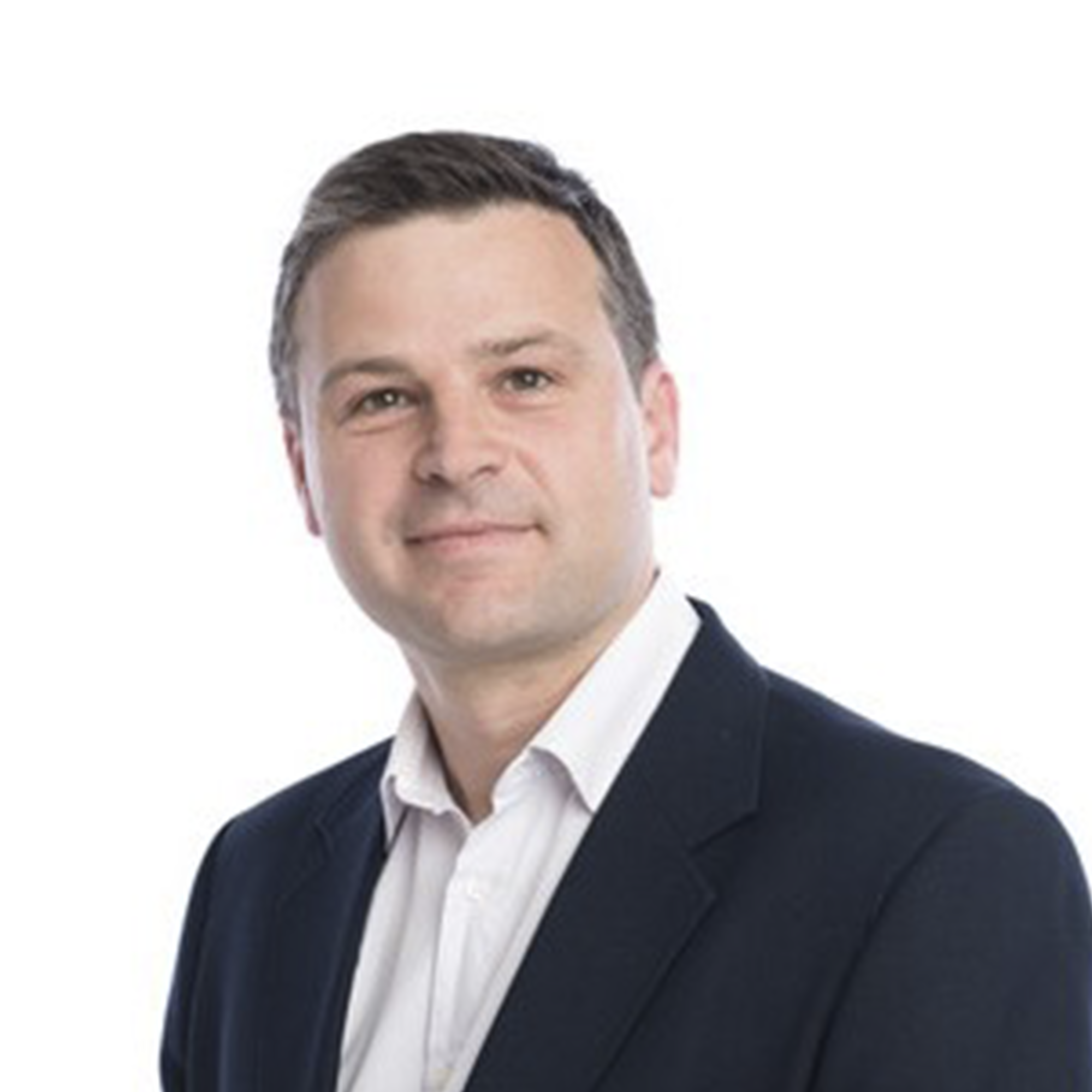
Boris Barov
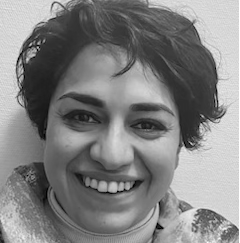
Sahar Stevenson-Jones
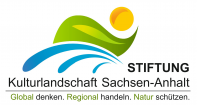
The Stiftung Kulturlandschaft Sachsen-Anhalt (Cultural Landscape Foundation Saxony-Anhalt) was founded in 2016 by eight farmers associations to foster a better implementation of the Common Agricultural Policy and the Habitats Directive. The foundation initiates measures for the conservation of wild arable plants in cooperation with farmers, provides technical support and carries out success controls. They also implement the reintroduction of locally and regionally extinct wild arable plants. Furthermore, Stiftung Kulturlandschaft Sachsen-Anhalt organises the implementation of compensatory measures under nature protection law to restore habitats, e.g. extensive grasslands, extensive arable fields and meadow orchards. They also implemented cooperative agri-environmental measures as an innovative approach in Germany.
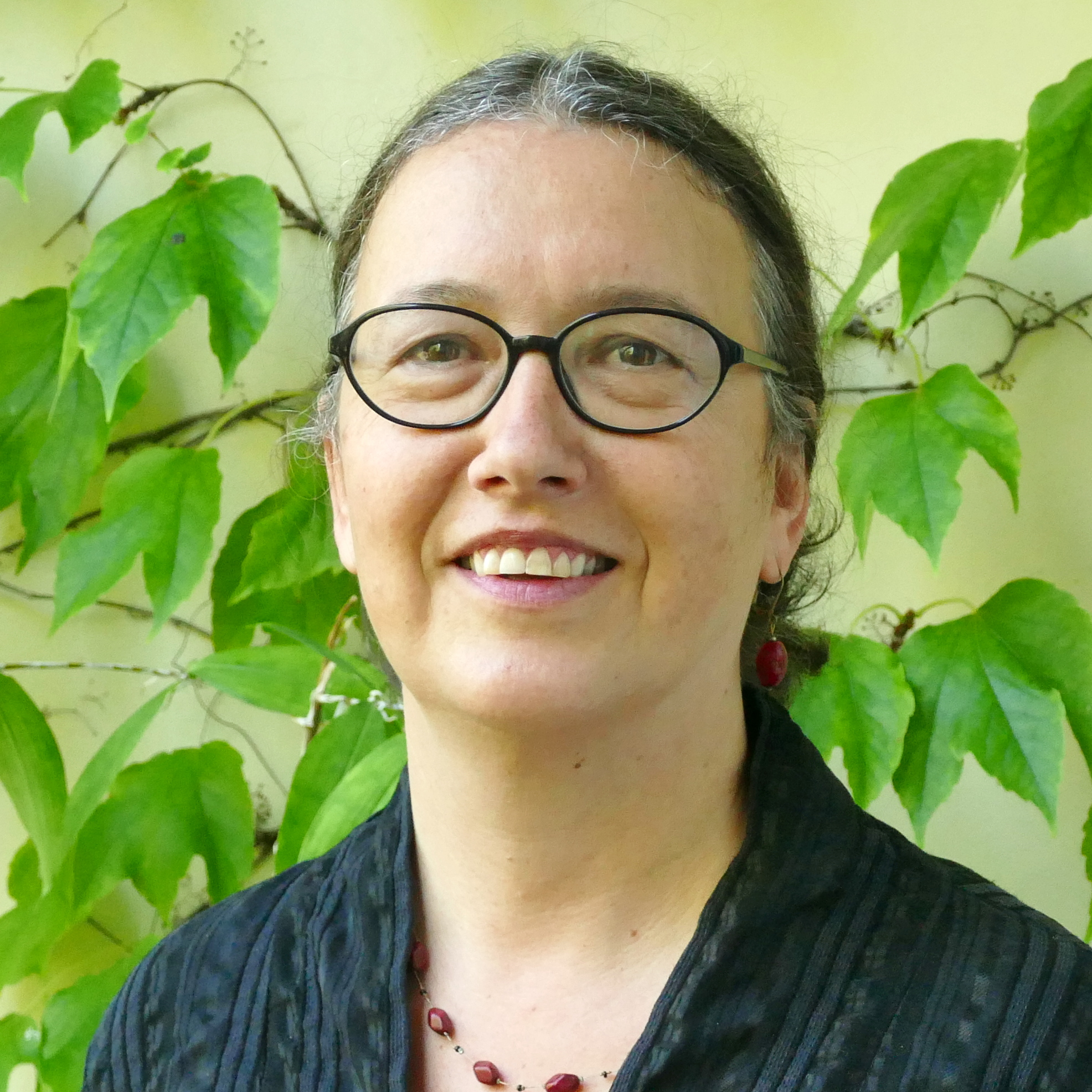
Katrin Schneider

The University of Alicante (UA) has a long history of delivering teaching, research, and knowledge transfer services. UA team has been involved in RTD projects focused on Restoration Ecology and Dryland Ecology for the last 30 years. UA team has also led different initiatives to facilitate the transfer of scientific knowledge to practitioners, train future professionals and promote reciprocal knowledge exchange between academics and practitioners.
UA leads WP5, Business Models, Funding and Governance and WP6, National Outreach and Further Education, contributing to educational programmes, including new content about ecological restoration, sustainable business models and legacy.
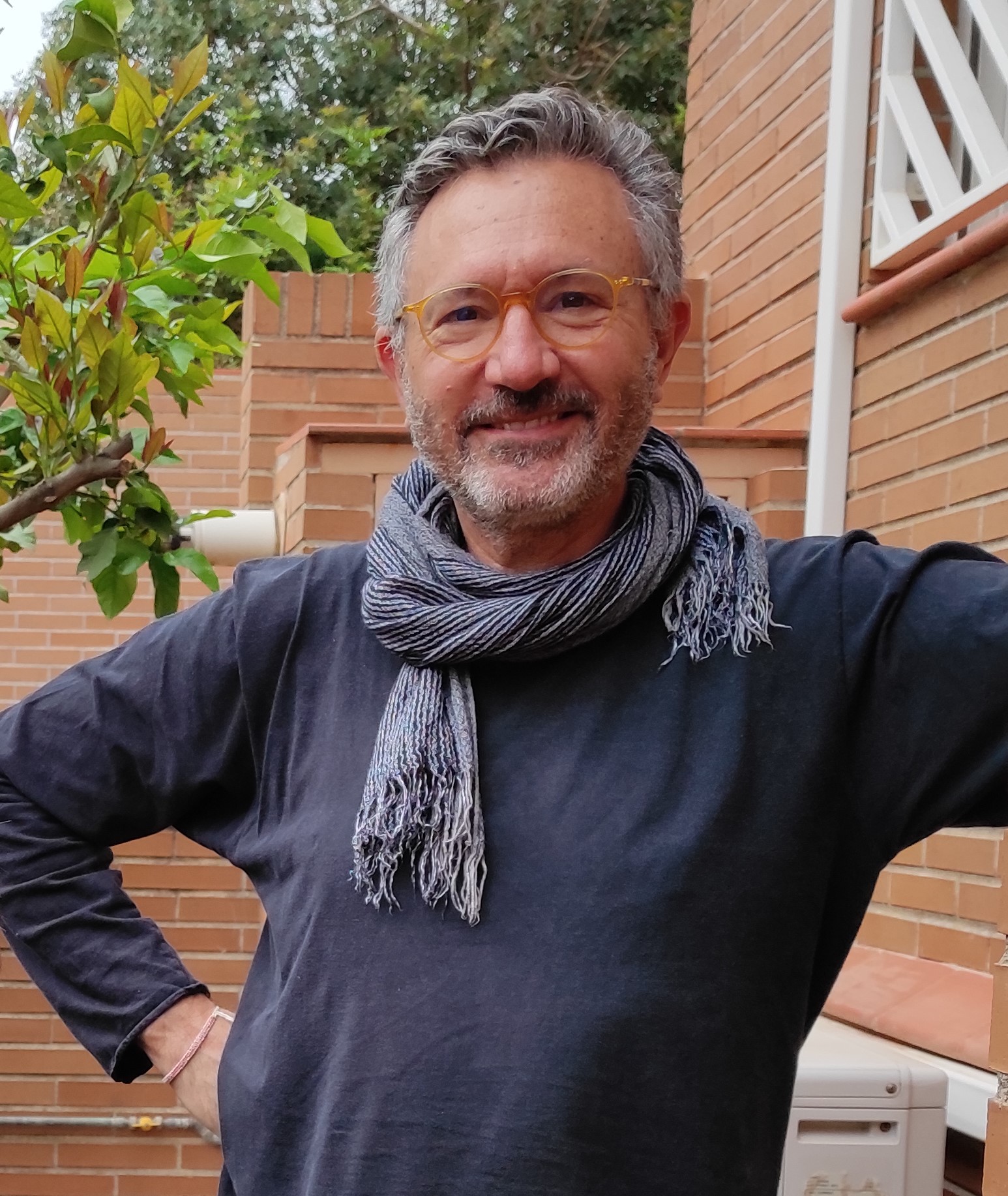
Jordi Cortina-Segarra
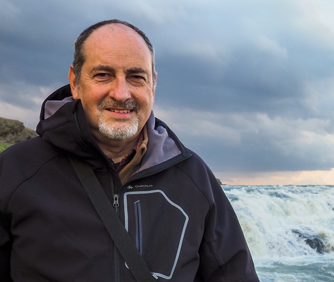
Andreu Bonet
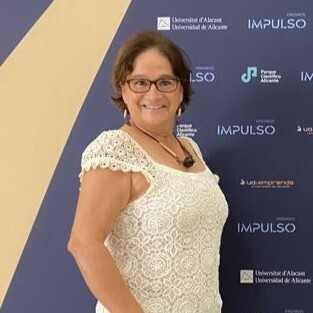
Virginia Payá
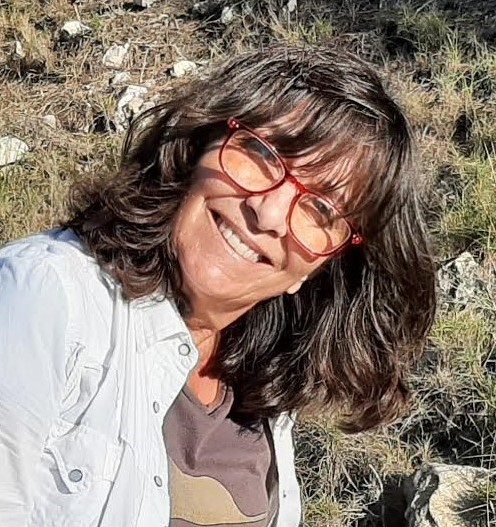
Susana Bautista
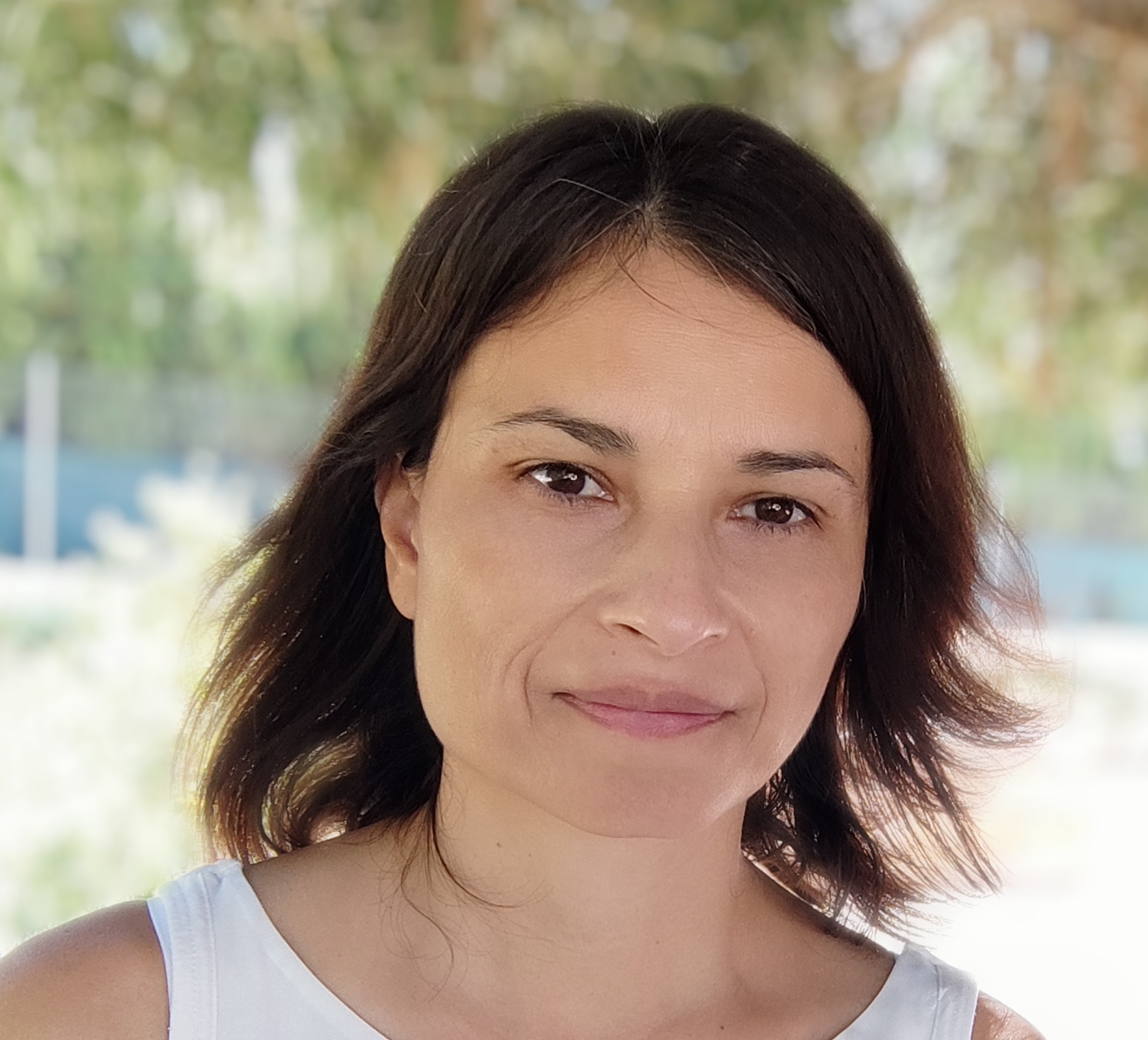
Karen Disante
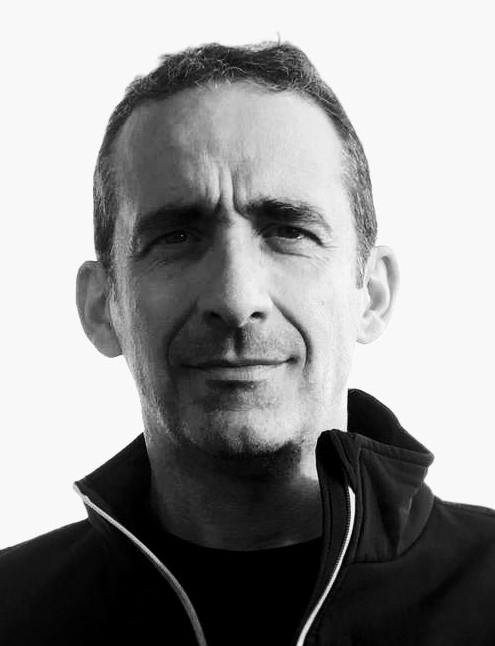
David Fuentes
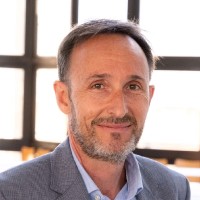
Rafael Lafont
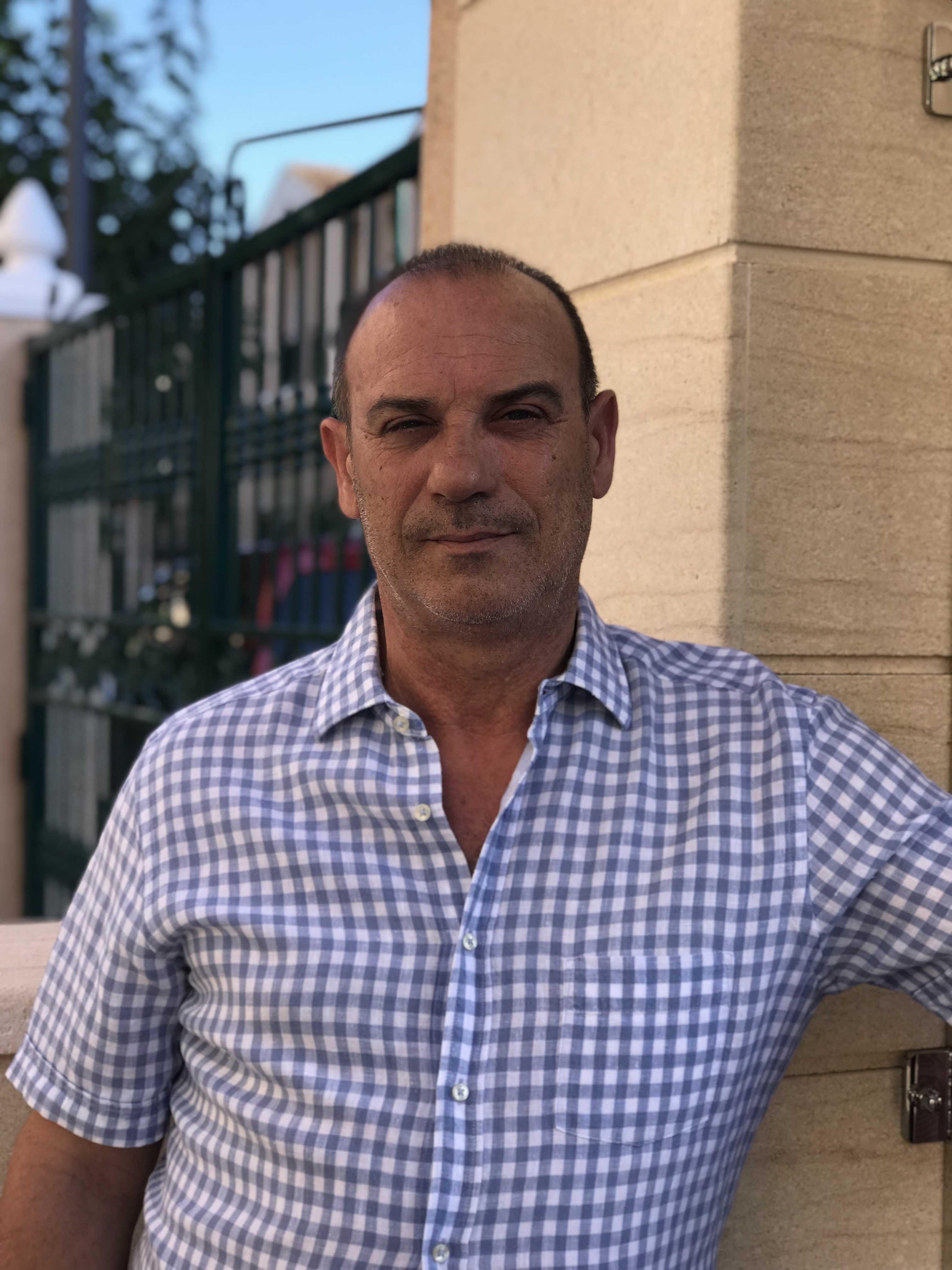
Jaime Baeza
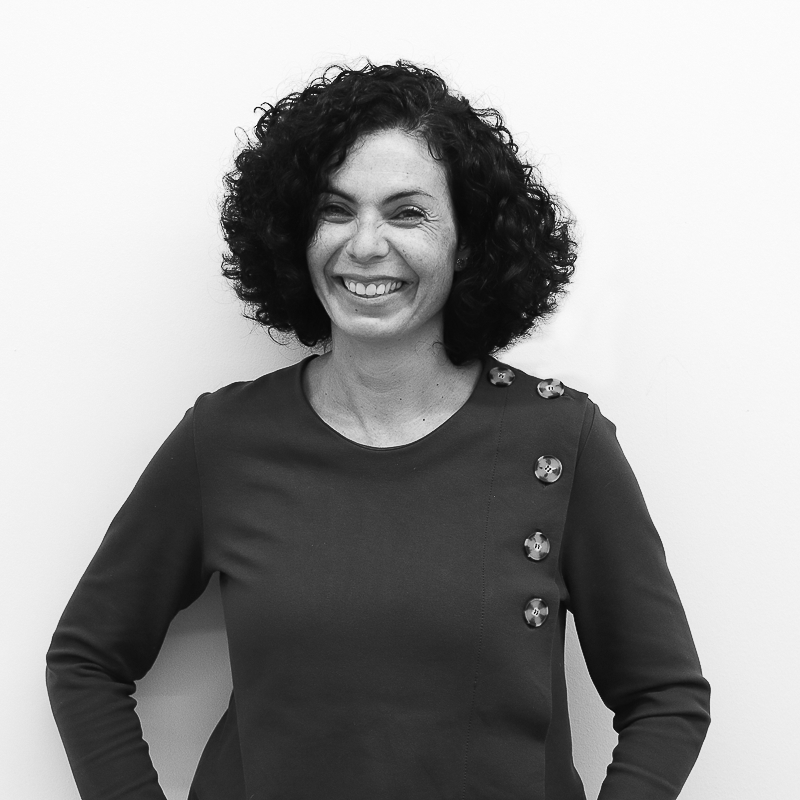
Inmaculada Caturla
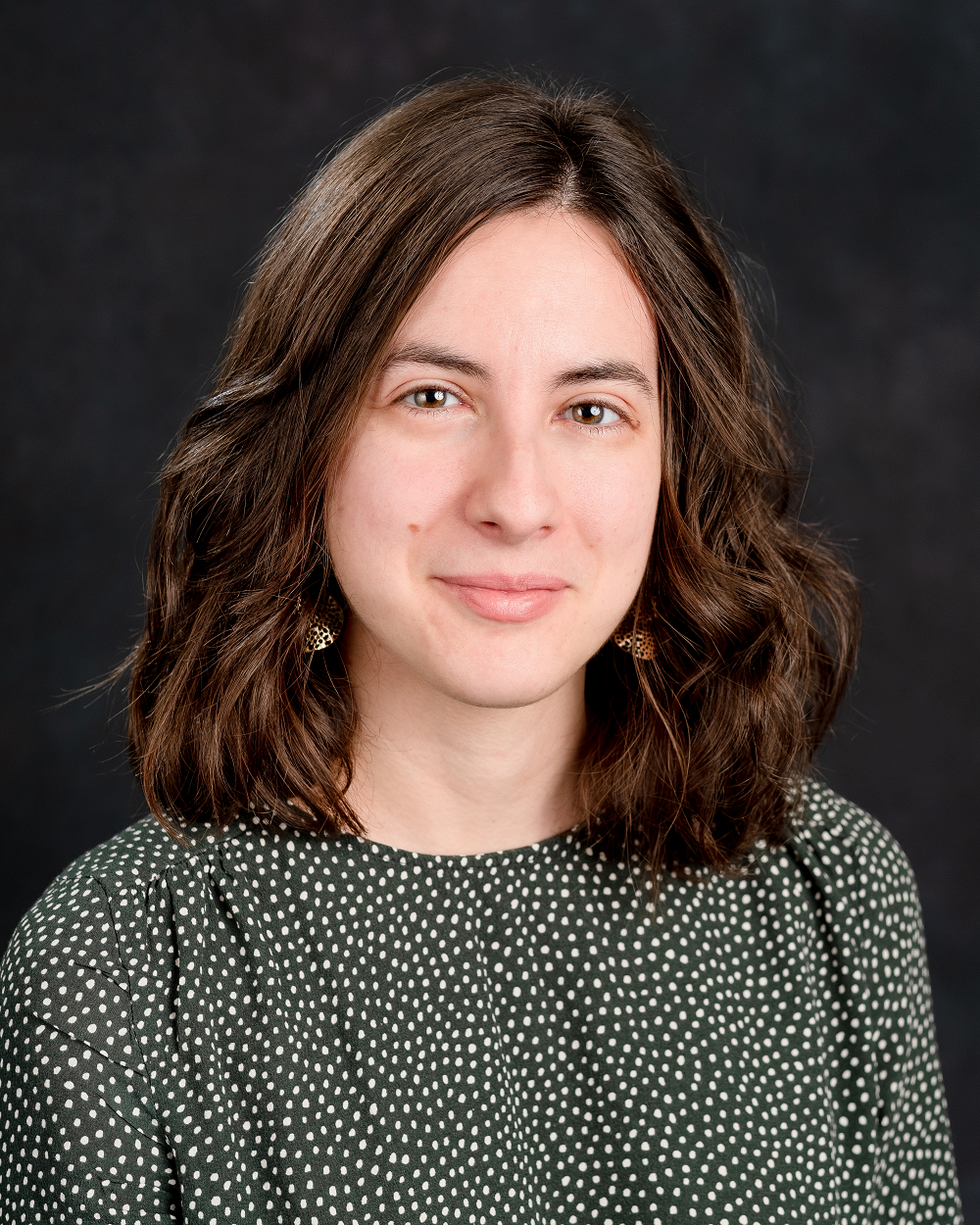
Aurora Torres
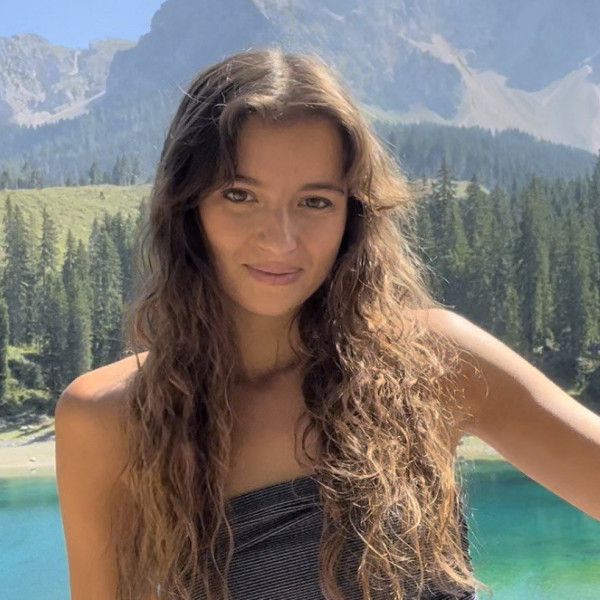
Celia de Llanos
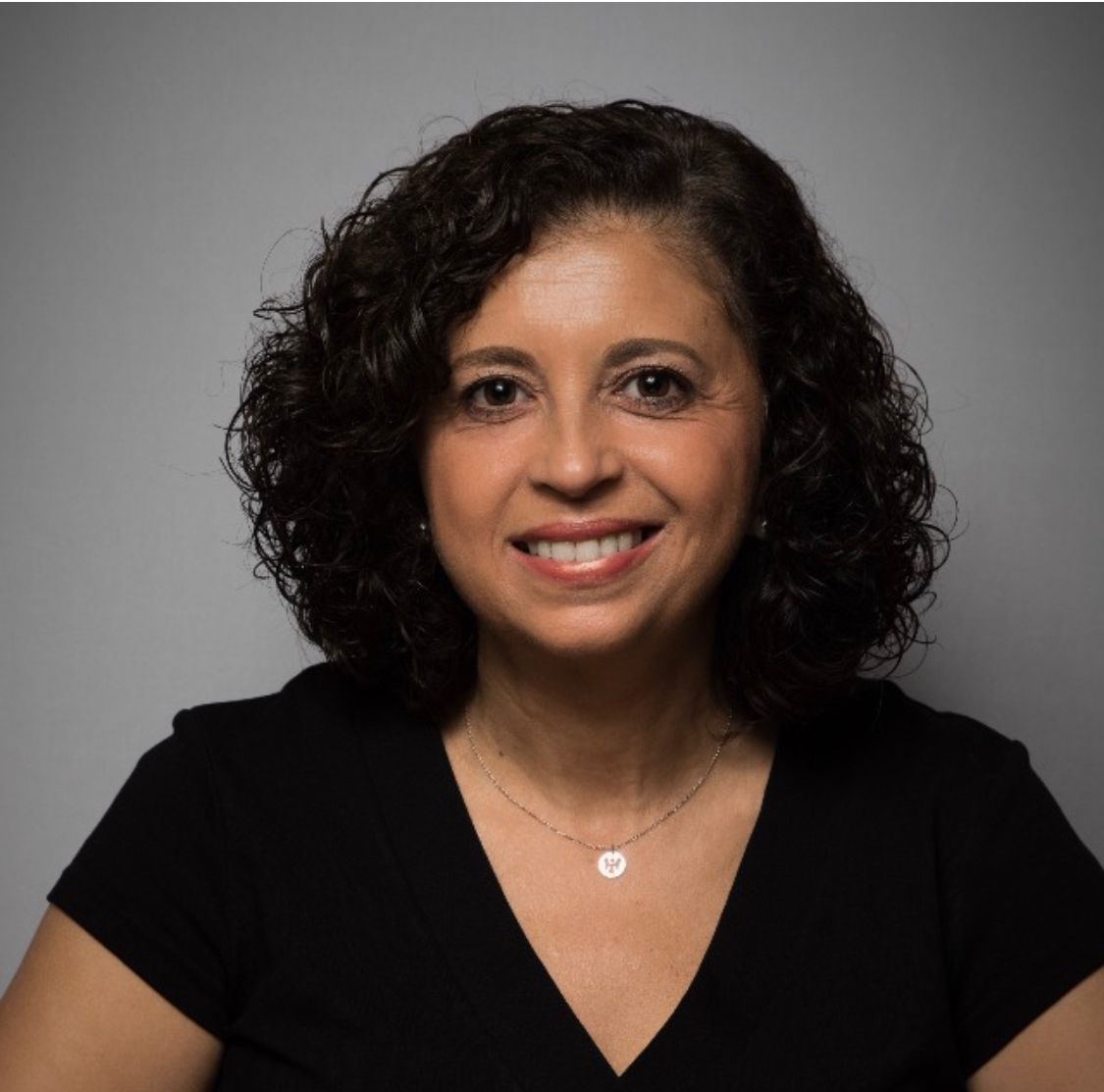
Almudena Gonzalo

The Restoration Ecology Working Group is an informal body at the Department of Botany, Faculty of Science, University of South Bohemia in České Budějovice connecting people interested in restoration ecology. It brings together not only scientists and students but also practitioners and members of non-governmental organizations.
USB is the leading partner responsible for student exchanges at the European level. They put emphasis on project-based learning formats and practical examples of good practice in the field. They will develop new education materials and course focused on restoration ecology for the use in VET schools.
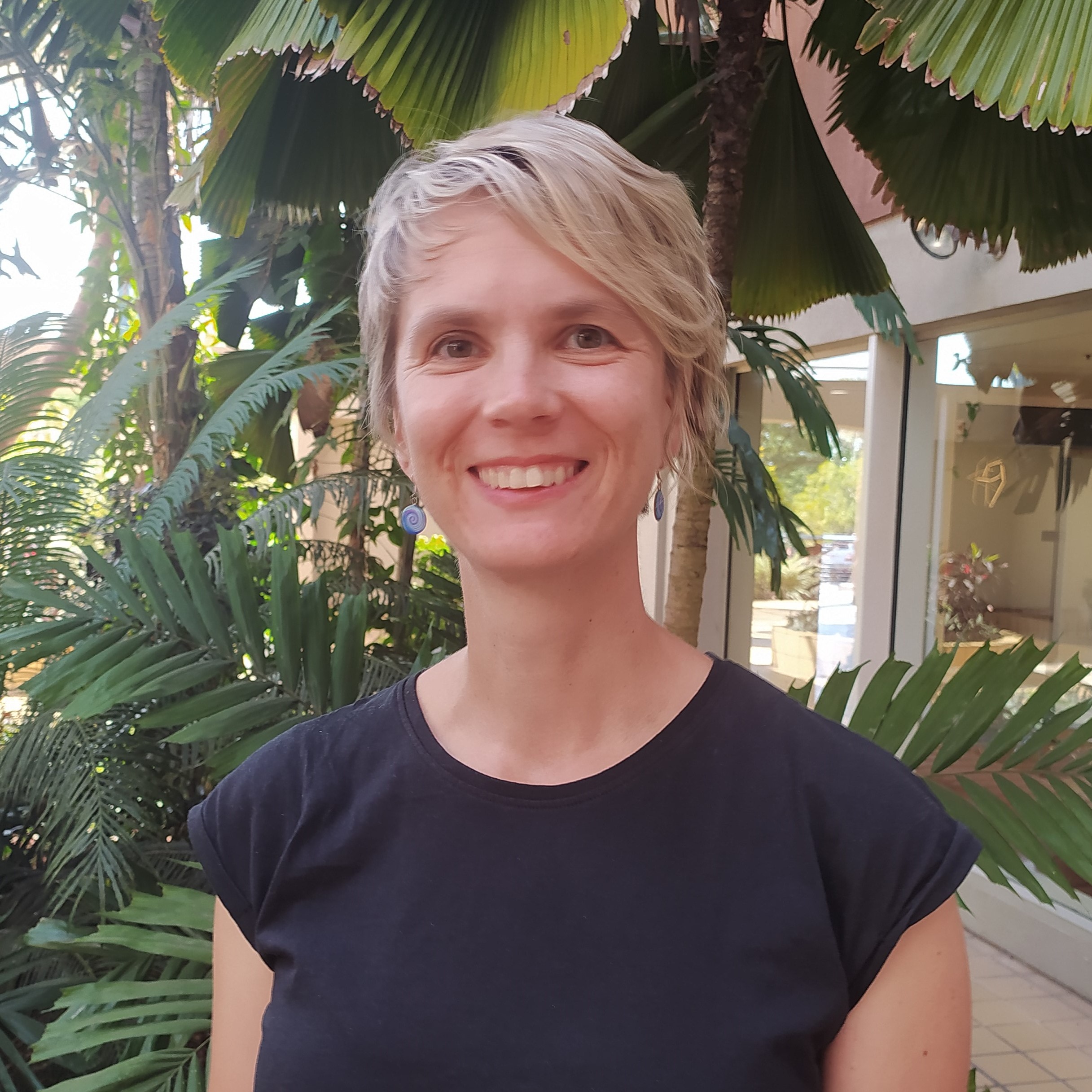
Klářa Řehounková
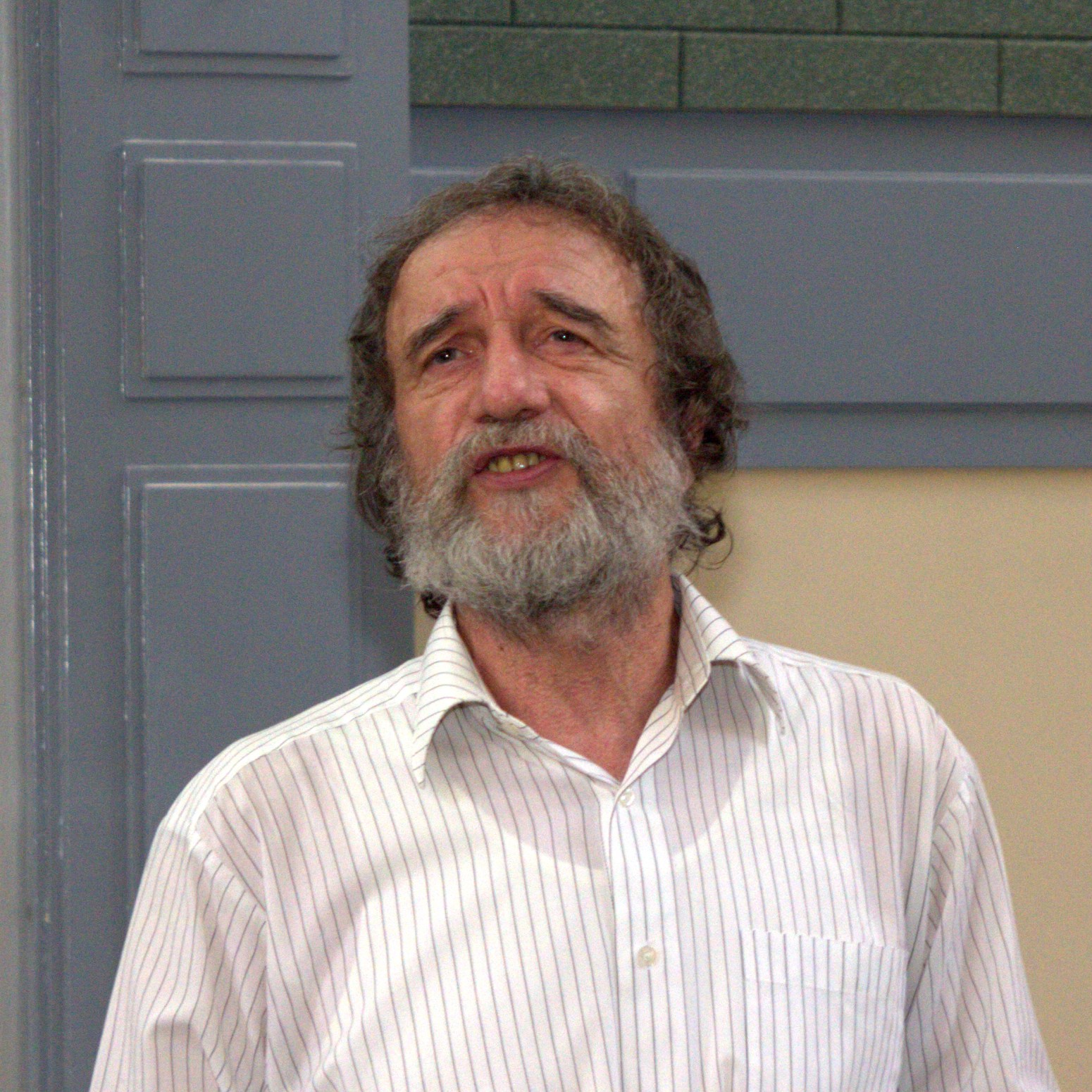
Karel Prach
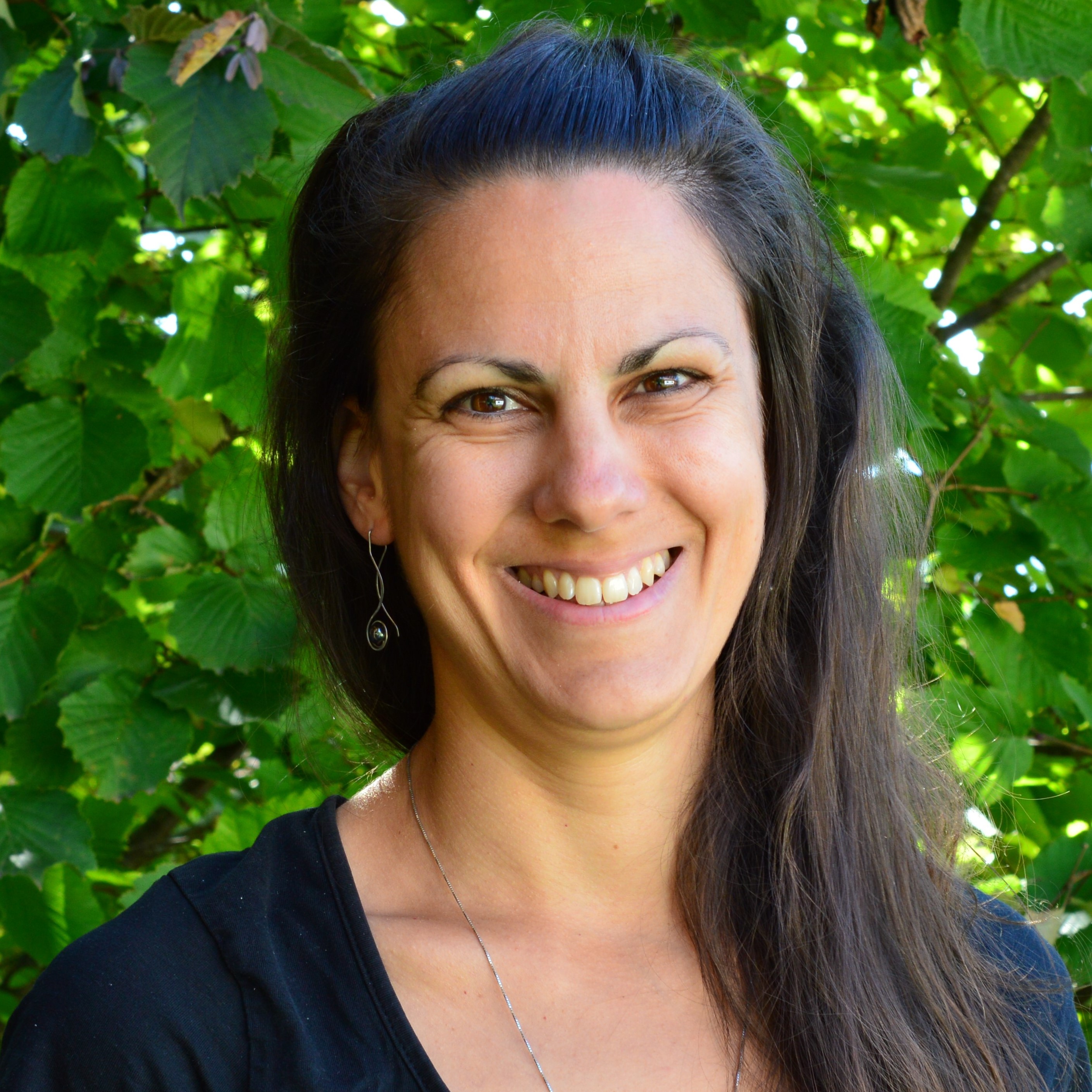
Lenka Šebelíková
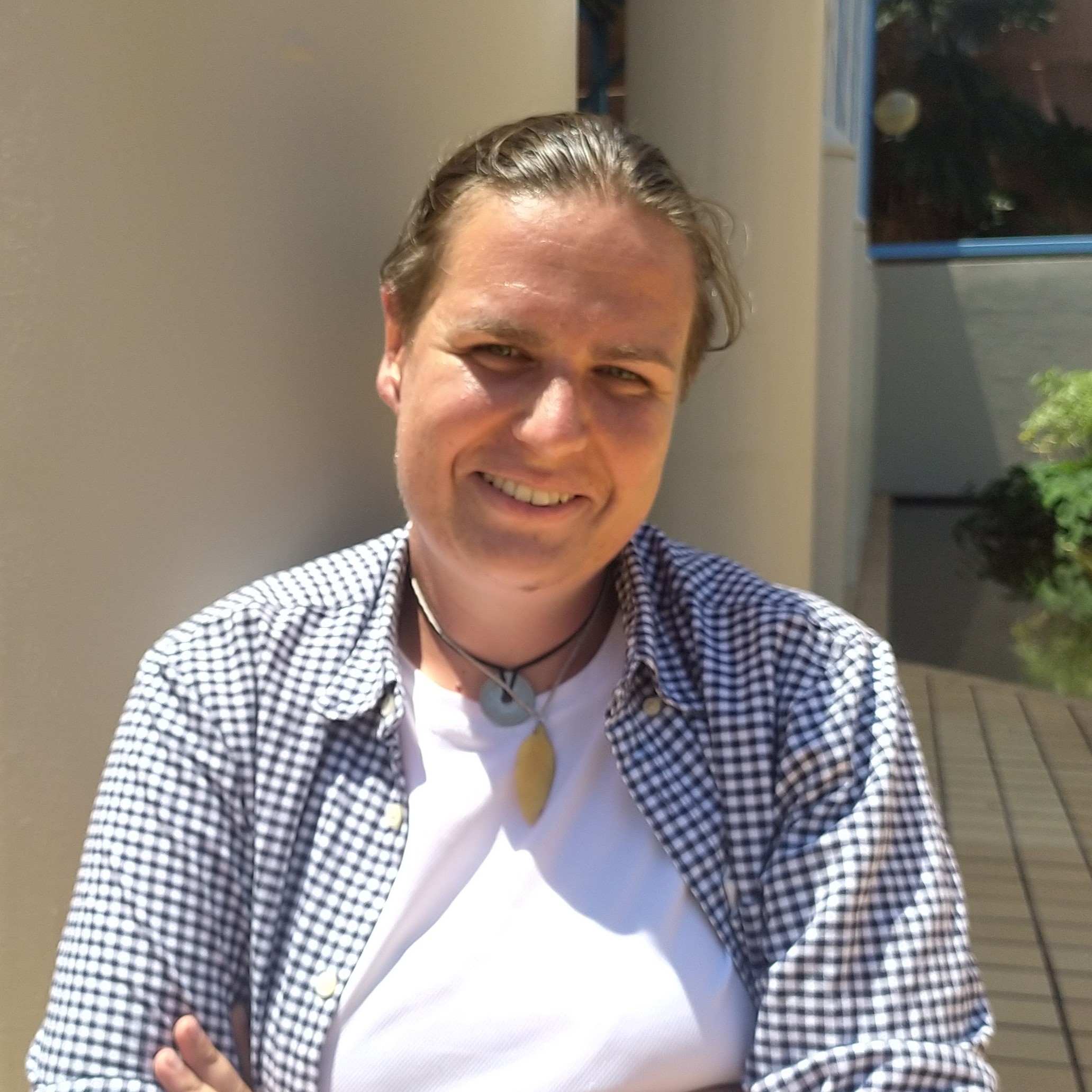
Anna Müllerová
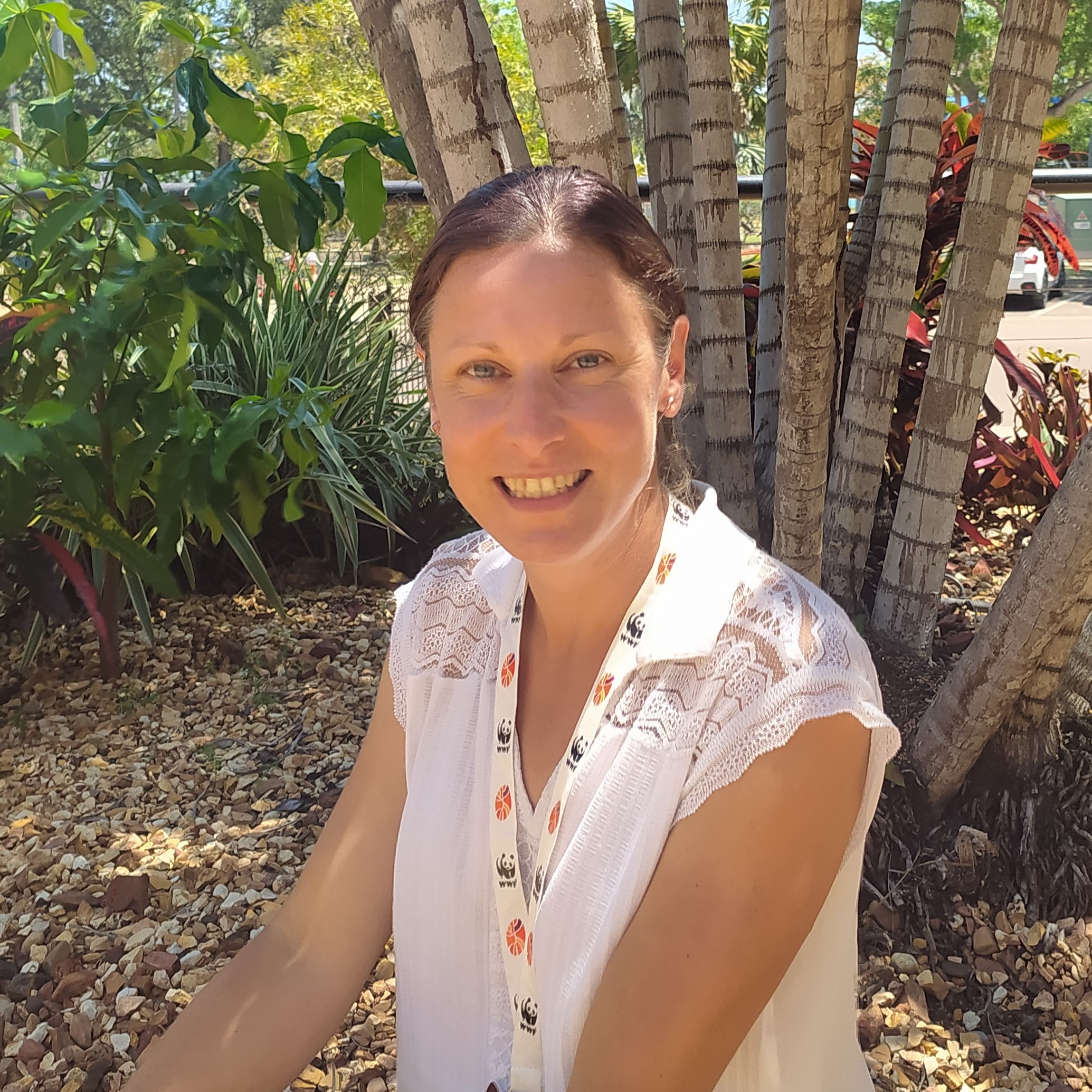
Kamila Vítovcová
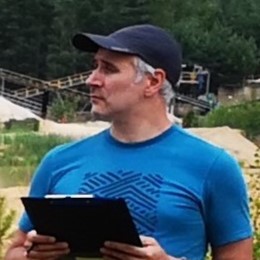
Miguel Ballesteros

NORGES GRØNNE FAGSKOLE- VEA is state-owned and financed directly under the Ministry of Education and became a vocational school in 2007. VEA has its own vocational school board consisting of external representatives, employee representatives and student representatives. We are the first vocational school to receive subject area approval from NOKUT, and from April 2012 has been an approved provider of education within "Green design and environmental subjects"
VEA offers vocational school education for gardeners, landscape gardeners, flower decorators and many other trades. We have students who want special skills and development in their subject area, and therefore, we offer flexible education. Vocational school courses are flexible in that they are provided online with collections.
VEA has a close collaboration with the various industries it represents, and together with them, they develop education and courses which they need.
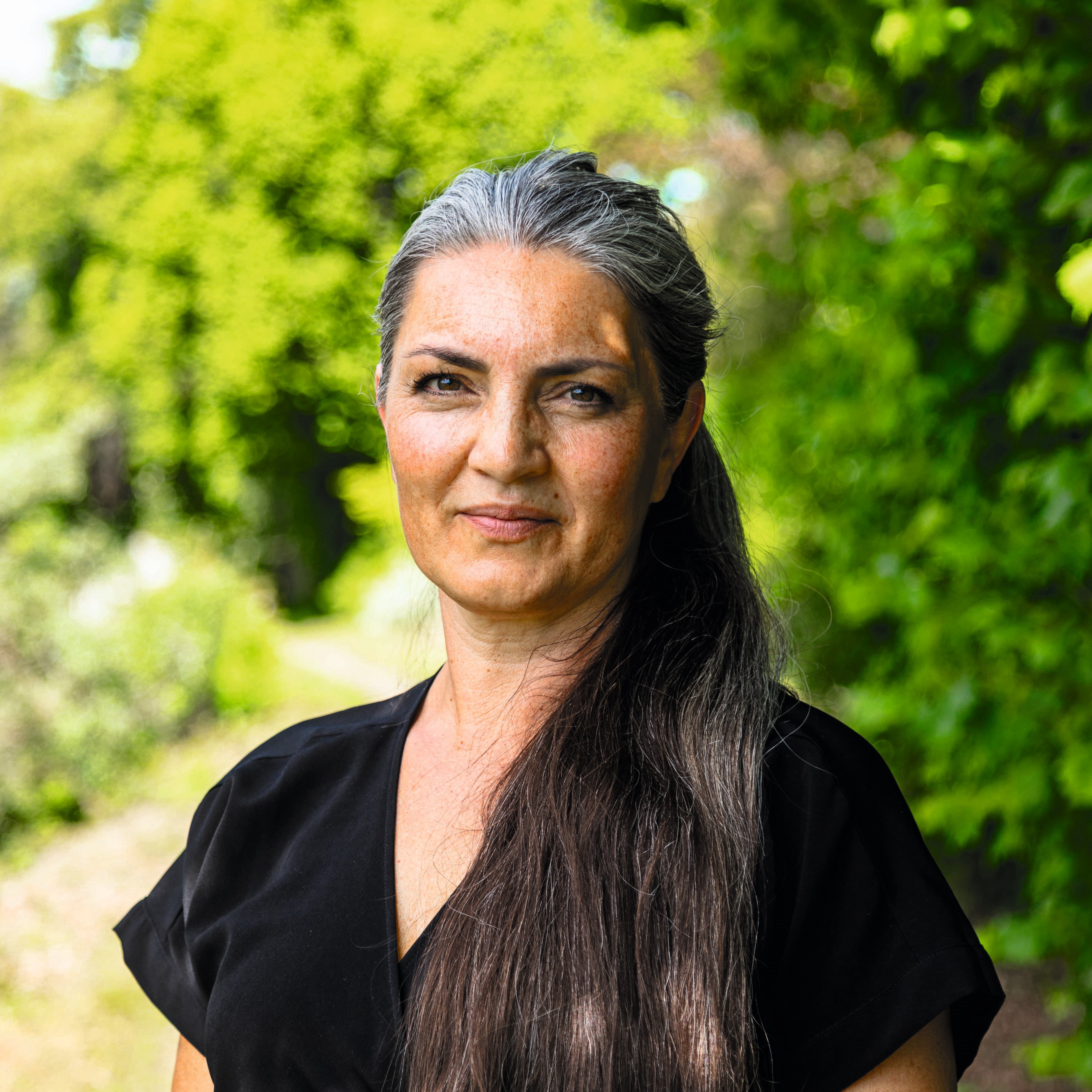
Anne Stine Solberg
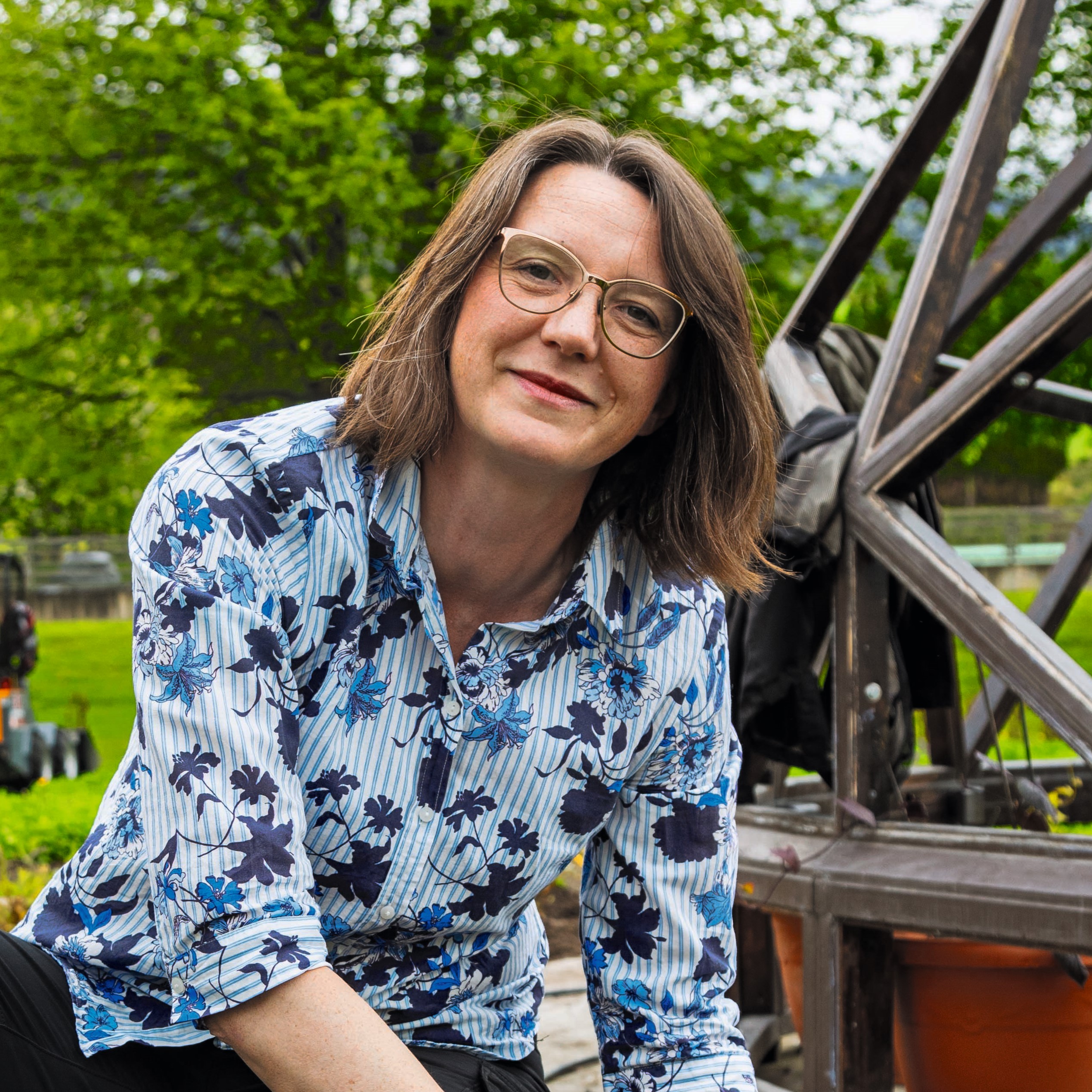
Barbera Sollibråten
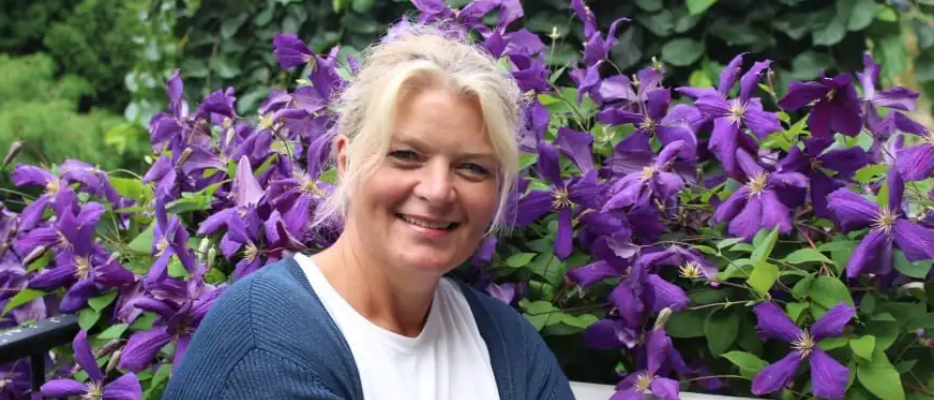
Grethe Bøhn Busterud
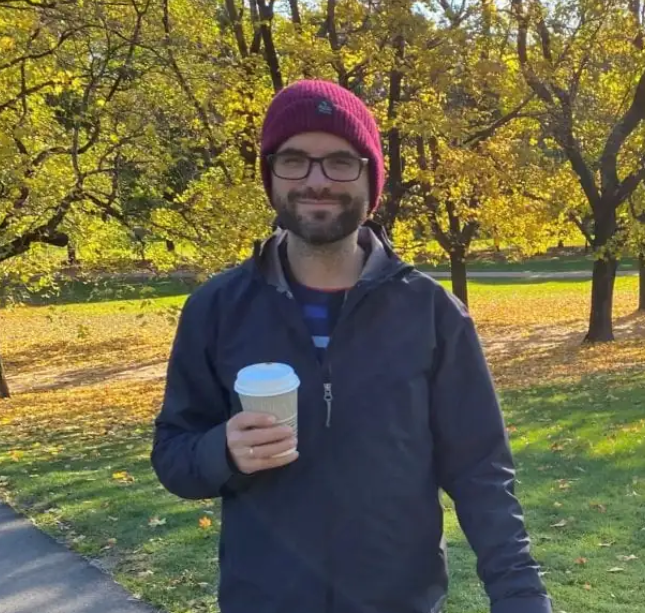
Karsten Raddatz
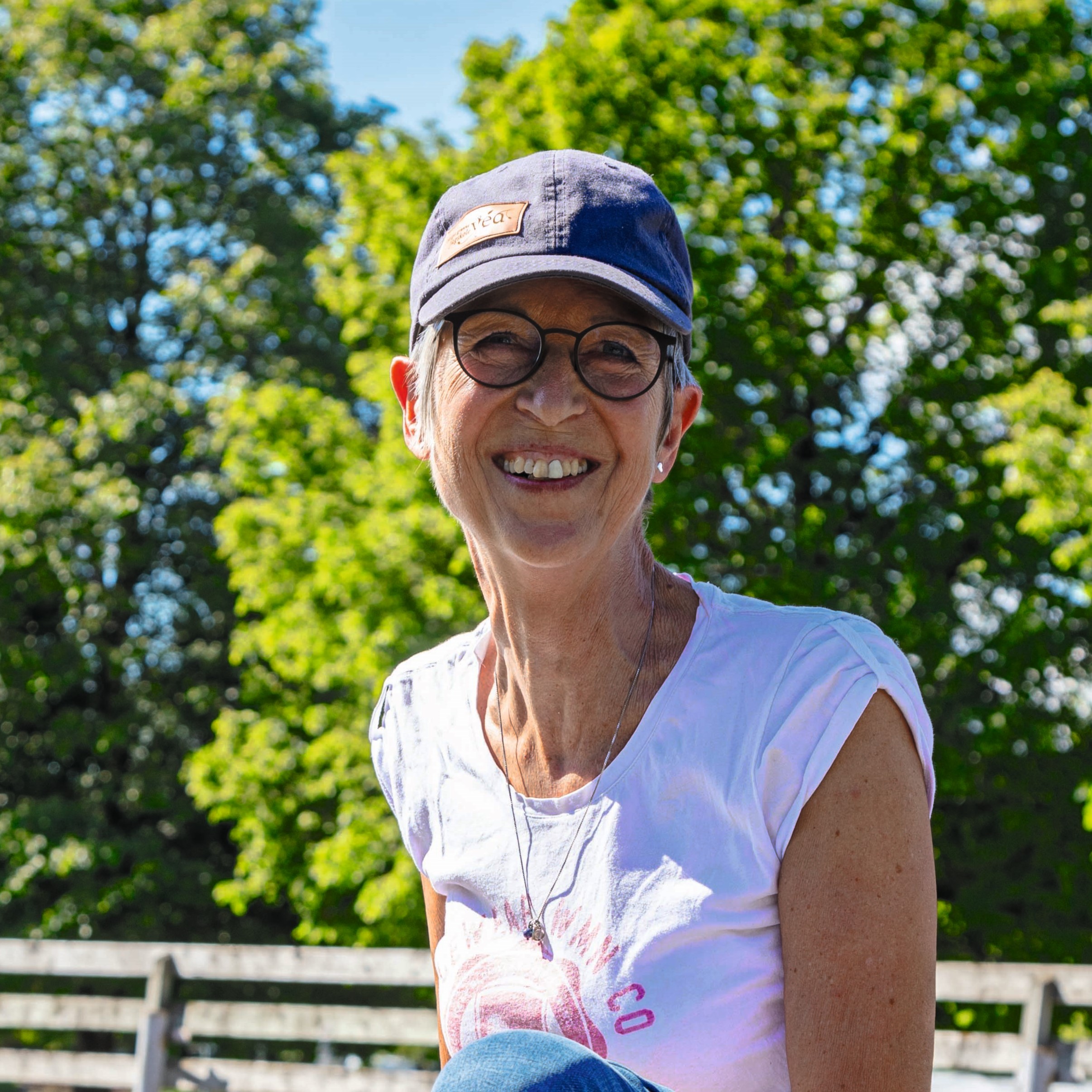
Liselott Lindfors
